Participants
Credits
HOTHOUSE, an art series by Sylvia Eckermann and Gerald Nestler in cooperation with:
Heinrich Böll Foundation - Global Unit for Human Security, Tactical Tech Berlin, Technopolitics Vienna, Territorial Agency London / Lisbon
Sylvia Eckermann, Gerald Nestler: idea, concept, dramaturgy, texts, artworks, installation.
TEAM:
Markus Passecker head of XR production and Unity3D development, Marek Šimoník Record3D volumetric video sharing, Michael Loizenbauer live-streaming, Alexander Weber camera, Alex Bossew sound engineering, Alex Wanko lighting, Daniel H. Pineda assistant producer, Janina Weißengruber social media, press, assistant producer.
Support: Vinzent Fuchs, Loys Hämmerle, Raphael Hulan, Aljosha Kovacic, Agathe Lemaitre.
Peter Sandbichler “AIOOIOO“ stand-up bar.
Kai Trausenegger, Daniel H. Pineda beamer stand sculptures.
Biographies Participants / Team
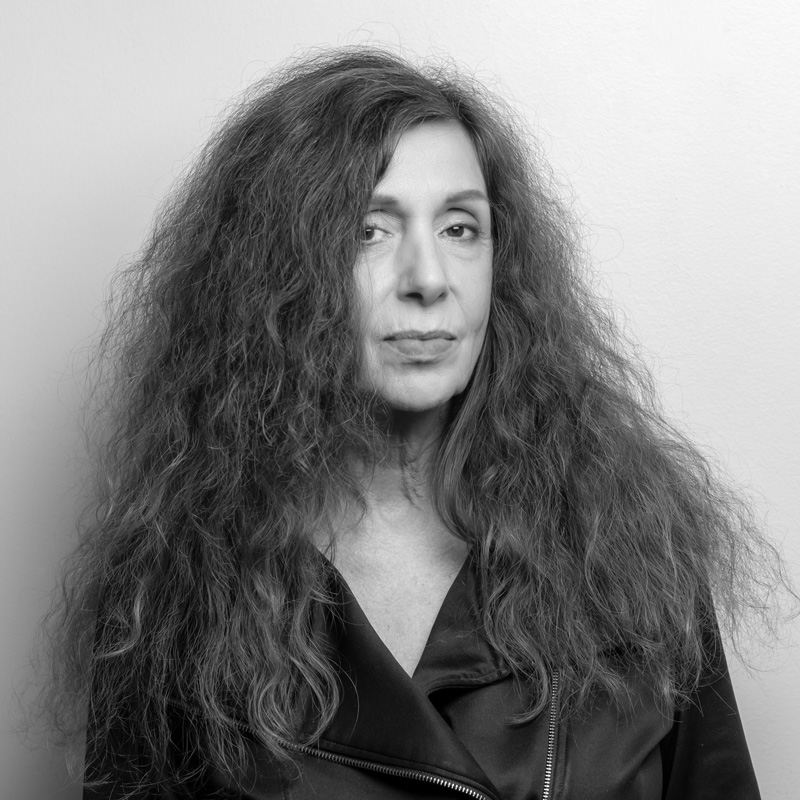
FOTO: Katharina Stögmüller
Sylvia Eckermann
is an artist based in Vienna whose engagement with form and media culminates in critical artistic reflections on socio-political and economic conditions. She works with various media, including digital and physical environments, installations, videos, objects and sculpture, and stages information that structures individual as well as economic entanglements in binary and physical environments. Since the late 1980s, Eckermann has been artistically engaged with the digital space, its nature and possibilities. Initially, she concentrated exclusively on the virtual space, with her interests shifting in the mid-2000s towards the "interface" between real and virtual space. Her early artistic involvement with computer games has earned her the reputation of a Game Art pioneer. She has shown her work in numerous exhibitions and projects internationally, such as the Millennium Dome, London, UK; the European Cultural Capital Graz, AT; Ludwig Forum for International art, Aachen, DE; KIASMA Museum of Contemporary Art, Helsinki, FI; Kunsthalle Wien, AT; Kunsthaus Graz, AT. She is a member of the Technopolitics research group, Vienna. In 2014, she received the inaugural Media Art Prize of the City of Vienna and was awarded the Austrian Art Prize for Media Art in 2018.
syl-eckermann.net
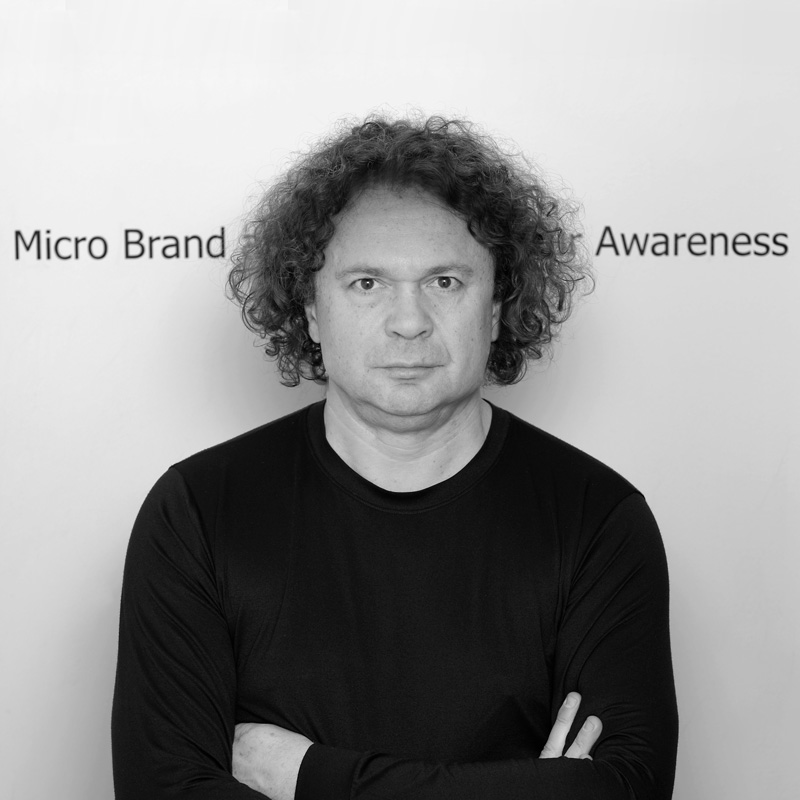
FOTO: Katharina Stögmüller
Gerald Nestler
is an artist and researcher who combines video, installation, performance, intervention, print and text with theory and conversation. He also develops and curates postdisciplinary formats dedicated to collaborative practices between art and other fields of knowledge and experience. In his research, he focuses on the derivative condition of technocapitalism, a performative mode whose power to claim the future derives to a significant degree from finance models, operations, and narratives. Since 2014 he examines how the semiotic field of the term resolution can be activated as a toolbox against non-transparency and explores renegade activism as a form of resistance to transform dissent and critique into forms of insurrection. Gerald’s practice is to a large extent based on thinking and making together, especially with the artist Sylvia Eckermann and the Technopolitics research group. He has shown his work and has also published and lectured internationally. He graduated from the Academy of fine arts Vienna and received a PhD from the Centre for Research Architecture, Department of Visual Cultures, Goldsmiths, University of London, where he was also a researcher at Forensic Architecture. geraldnestler.net
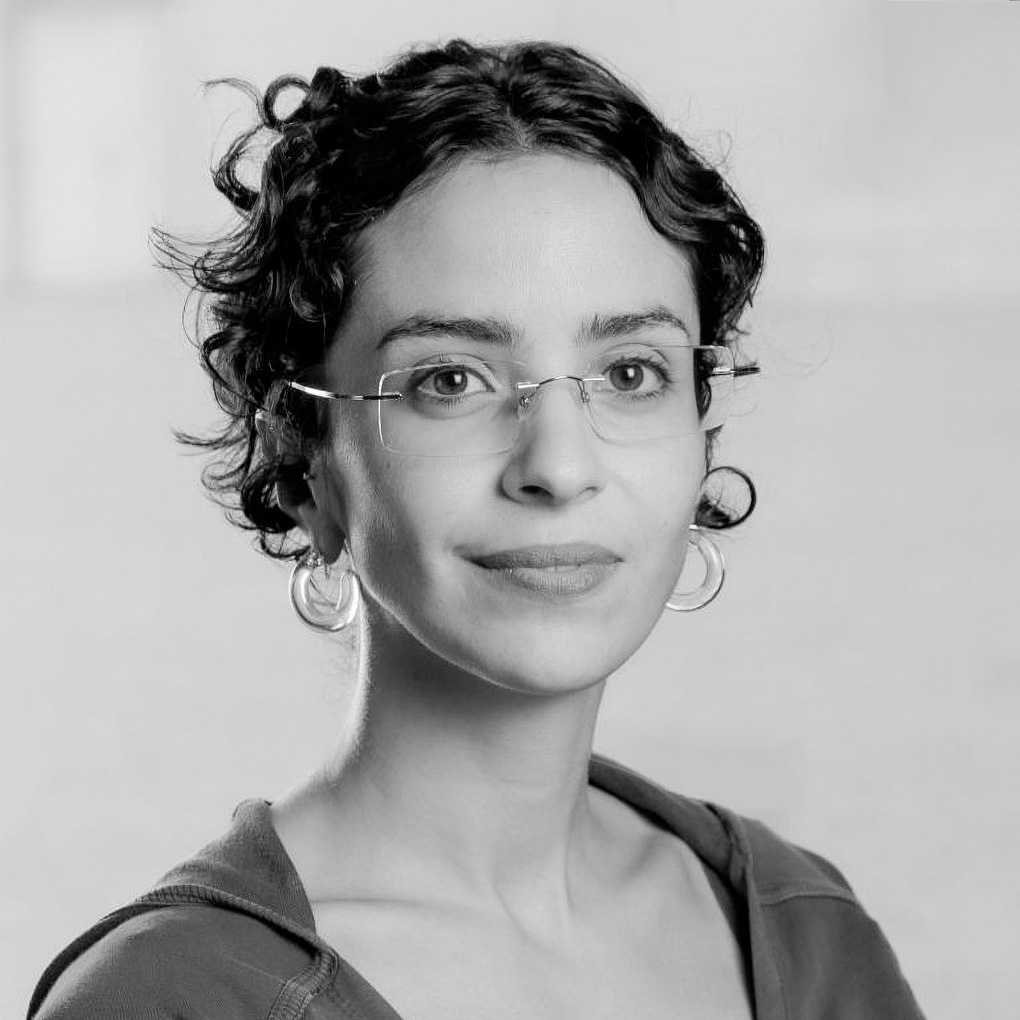
FOTO: Matthias Silveri
Camille Belmin
is a researcher, artist, curator, and lecturer at IIASA and independently. Her work focuses on narratives and modalities of communication that shape socio-ecological transformation, as well as population-environment-gender issues. She leads Ecoslay, an independent artistic research project that explores the boundaries of climate science communication, mobilizing the language and aesthetics of popular culture to engage diverse publics with ecological concerns. In her artistic practice, she works with installation, lecture performance and text, collaborating with metabolic processes ranging from composting and fermentation to social metabolism.
Camille Belmin
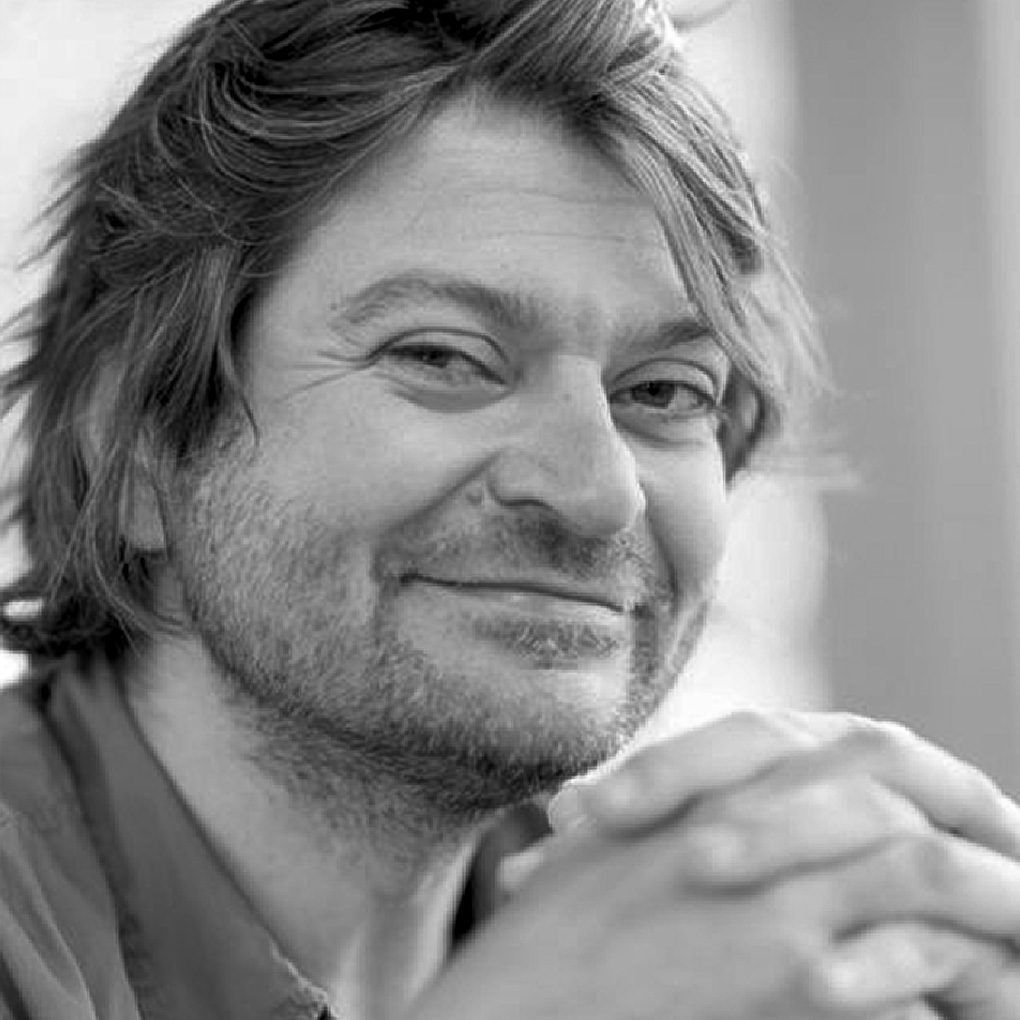
FOTO: Heidi Breuer
Alexander Bossew
is a sound engineer specializing in live productions. He has worked as a sound engineer for venues such as B.A.C.H., WUK, and MQ Halle E+G as well as festivals such as the Salzburg Festival, Danube Festival, Krems, Wiener Festwochen, Donauinselfest, Viennale Filmfestival and popfest Wien, amongst others. He has supported musisicans on tour, including Sofa Surfers, Jimi Tenor, Gustav & Band, Russkaja, DelaDap, Soap&Skin and the Proletenpassion 2015. Since 2011, Alexander has been working as technical support with a focus on live technology and matrix programming at Kain Audio GmbH.
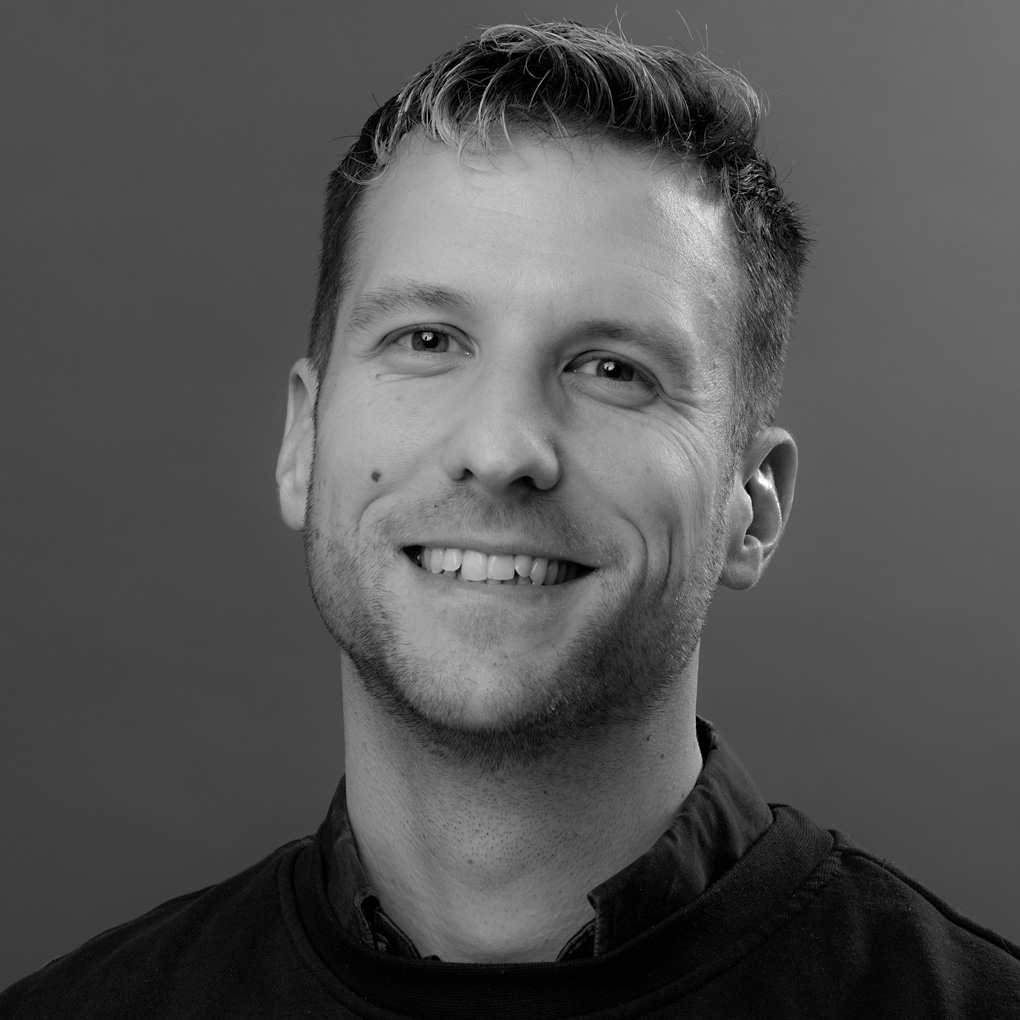
Dan Brittain
is an Anglo-German countertenor, born in Munich, educated at Cambridge, trained in the Anglican choral tradition and now living in Vienna. His 13-year career in the Choir of St George's Chapel, Windsor Castle, saw him perform for the Royal Family at private and state occasions, notably, the wedding of the Duke and Duchess of Sussex (2018) and the funeral of HM Queen Elizabeth II (2022), attracting 4.1 billion viewers globally. He has studied under Nigel Wickens, Ian Kennedy, Berty Rice, and Miriam Allan, and has featured in some of the finest British ensembles, including the Tallis Scholars (Peter Phillips) and Tenebrae (Nigel Short).
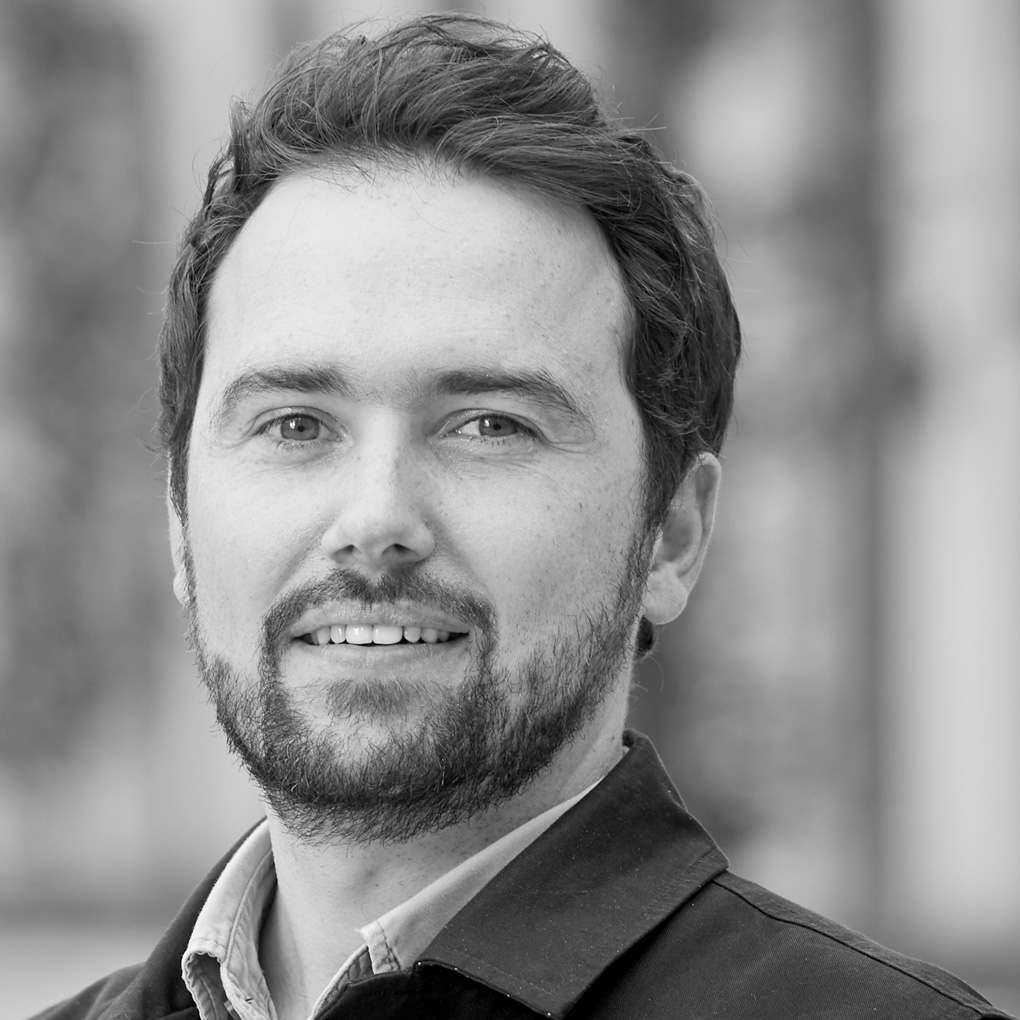
Lucas Chancel
Lucas is an Associate Professor of Economics with tenure at Sciences Po, affiliated with the Center for Research on Social Inequalities and the Department of Economics. He is also Co-Director and Senior Economist at the World Inequality Lab at the Paris Scool of Economics (PSE). He was a Visiting Associate Professor at the Harvard Kennedy School, as well as a Visiting Senior Fellow at the London School of Economics. Coverage of his work can be found in Science, Nature, the New York Times, the Guardian, Le Monde, Der Spiegel, El Pais and other international publications. His work also features in the IPCC 6th assessment report. lucaschancel.com
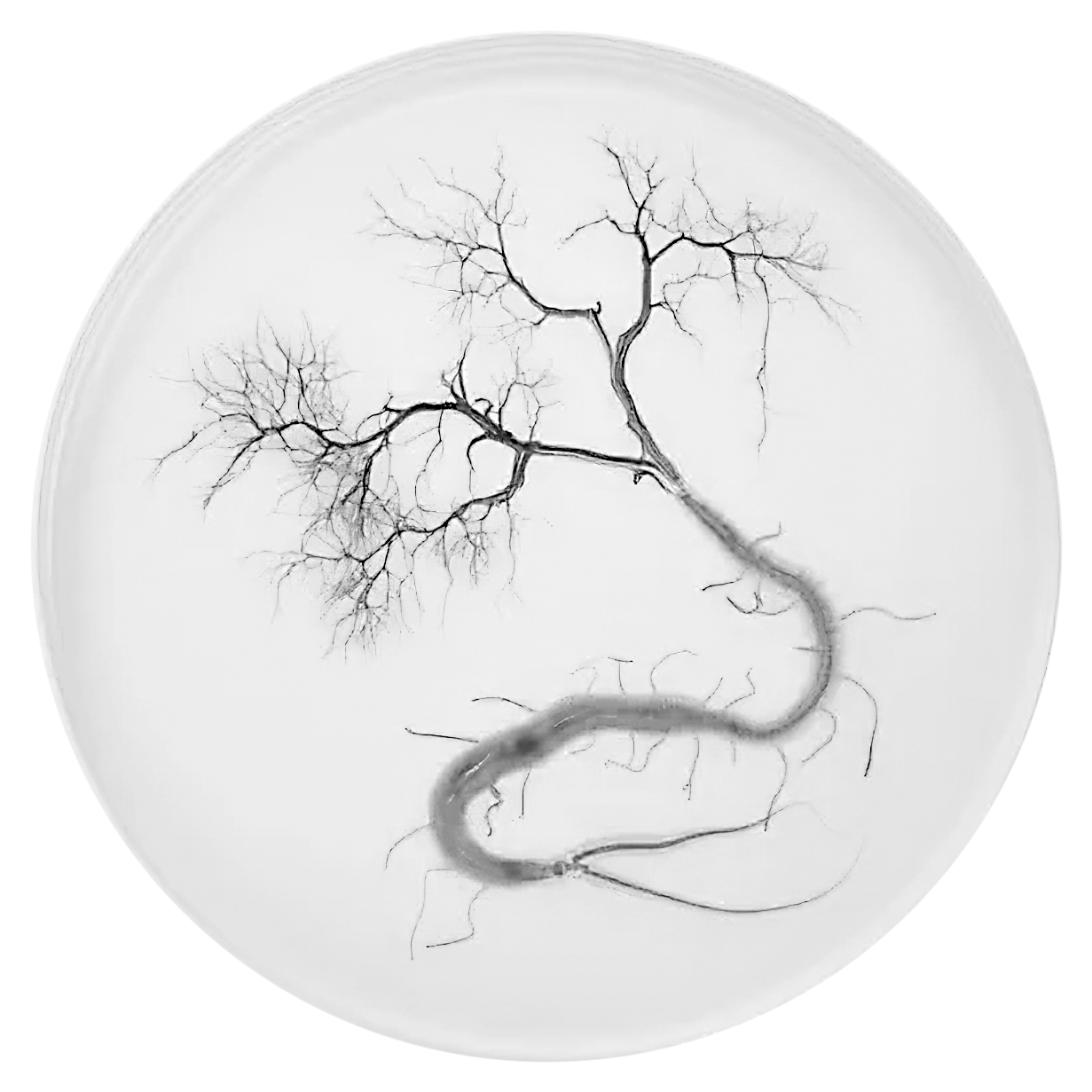
Disintegrator
Disintegrator
is a research unit focused on design theory, specifically the reciprocal interfaces between humans and artificial or algorithmic intelligences. Marek Poliks and Roberto Alonso Trillo have been working to situate deep learning tools as endosymbiotic reproductive infrastructure (inorganic vehicles through which biological, epistemological, and social information is encoded, subject to contingent processes, and transmitted). Their work most recently won Google’s prestigious Art and Machine Intelligence Award on the subject of AI interface design. Marek and Roberto have been exhibiting, curating, and publishing research for MIT Press, Cambridge University Press, the Orpheus Insituut (BE), Osage (HK), Seed (CN), Sensilab Monash/Prato (AUS) a/o. Their celebrated book Choreomata: Performance and Performativity After AI (Routledge / CRC / Taylor & Francis) is incorporated into AI design curricula around the world. They are completing two upcoming books, one on algorithmic capital and high-frequency trading and the other on AI agents, interfaces, and “agentiality.” Marek and Roberto’s podcast Disintegrator has been lauded by celebrated journalists, artworld insiders, and technology futurists as a major trend- forecasting object in the relationship between algorithm and media.
Disintegrator Podcast:
Apple/ Spotify/ podtail
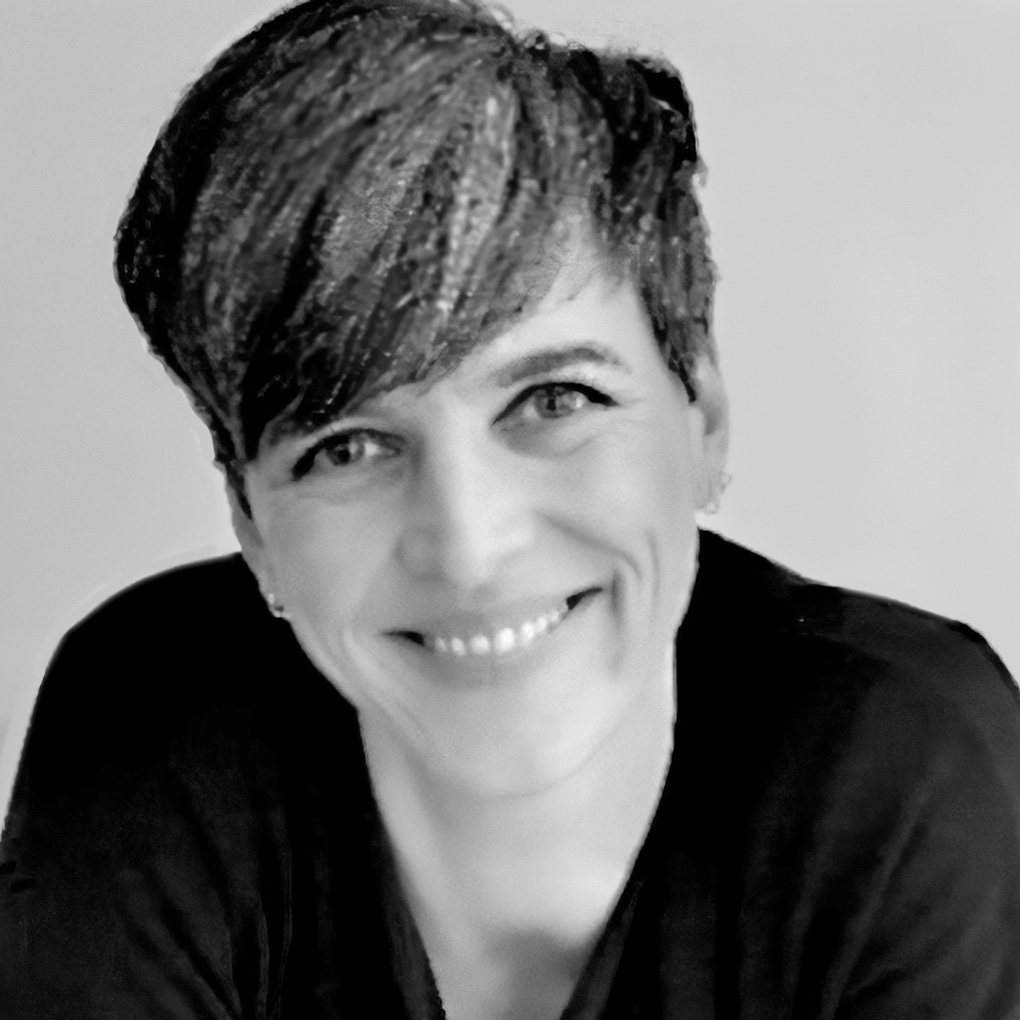
Emma Dowling
is a feminist political economist and Associate Professor of Sociology at the University of Vienna. Previously Dowling has held academic positions in Germany and the UK. Her research has covered topics such as affective and emotional labour, gender and social reproduction, as well as the financialisation of the social. Her most recent work asks what our economy looks like when viewed from the perspective of care, charting the material conditions that shape its configurations. She is the author of The Care Crisis - What Caused It and How Can We End It? (2021, Verso). emmadowling.net
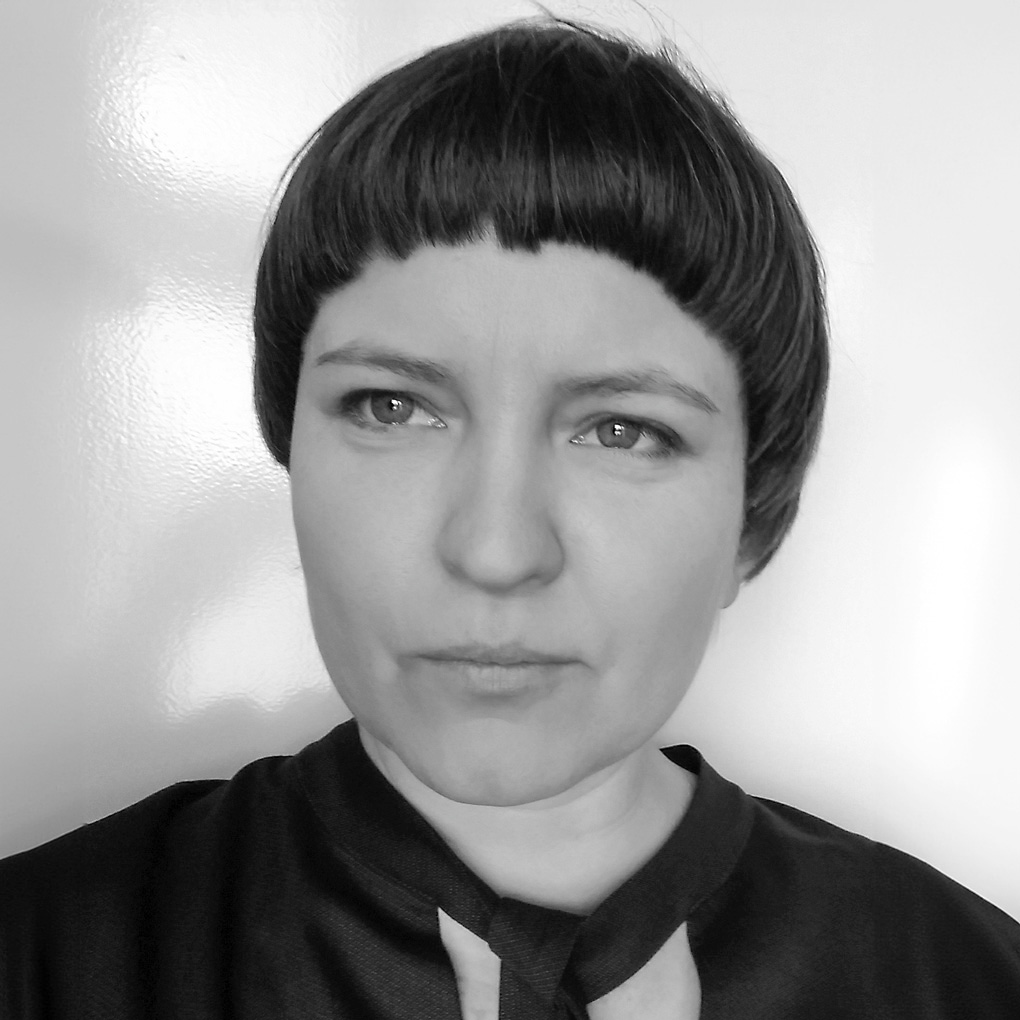
FOTO: privat
Anna Echterhölter
is Professor of Modern History: History of Science at the Department of History, University of Vienna and since March 2019 spokesperson of the key research area History of Science at the Faculty of Historical and Cultural Studies. Current research projects include »How is AI Changing Science«, »Indigenous Law and Colonial Statistics in Oceania« and, »How is Artificial Intelligence Changing Science? Research in the Era of Learning Algorithms«
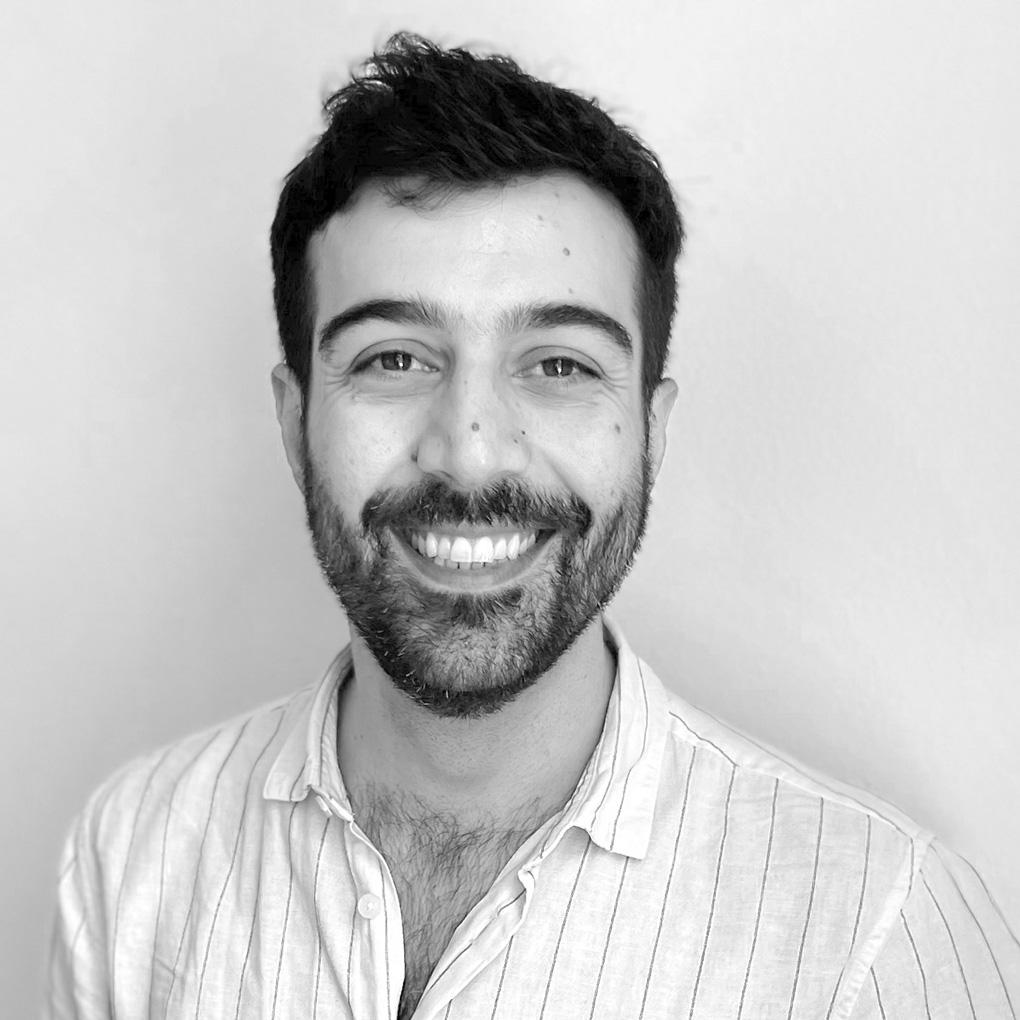
Siavash Eshghi
is an international lawyer and foreign policy expert, focusing on human security, transitional justice and conflict resolution. He holds an MA in Dispute and Conflict Resolution and a PhD in International Law from SOAS, University of London. He has lived and worked in the UK, Tunisia and Austria, and joined the Heinrich Boell Foundation in 2024.
Heinrich Böll Stiftung
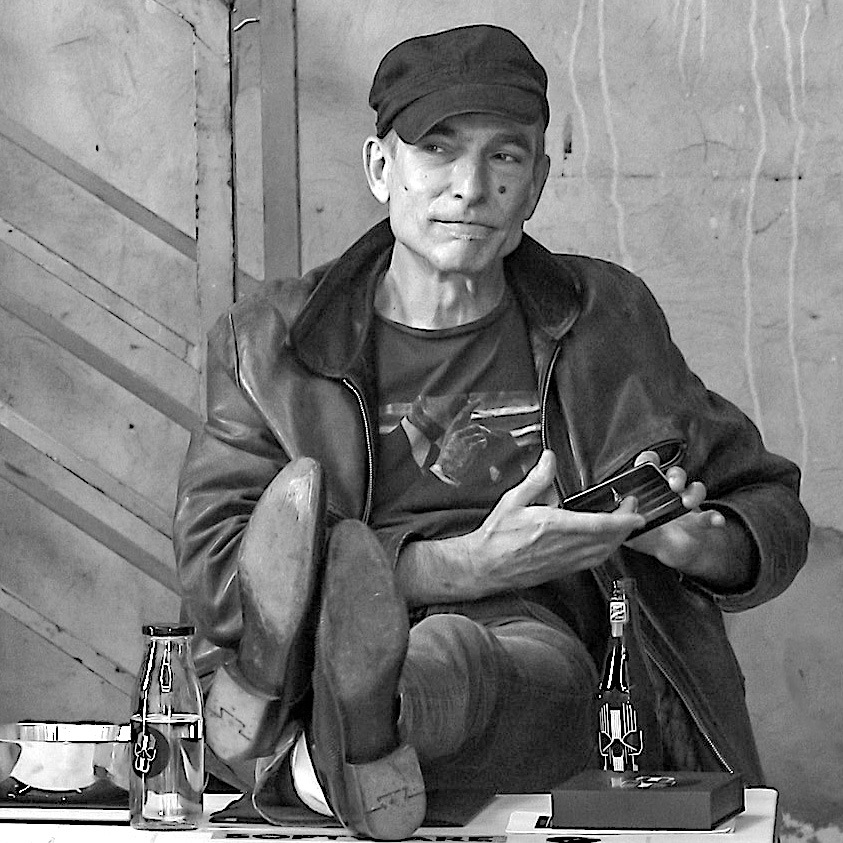
Foto: Jennifer Gelardo
Herbert Gnauer
Retired IT machinist, practicing broad- & podcaster. Inhabitant of cyberspace since 1993, rematerialisations normally on weekdays 12:00-16:00.
no-na.net
ORANGE 94.0
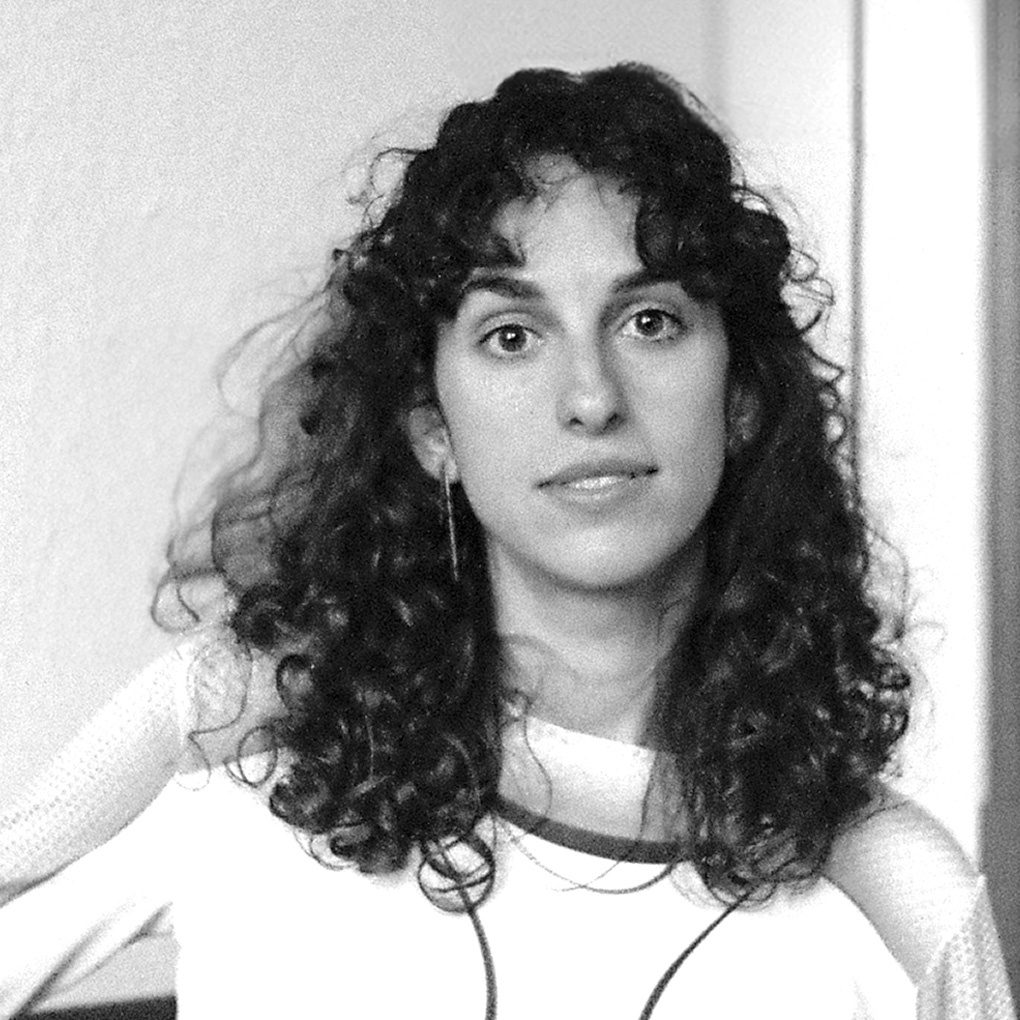
Júlia Nueno Guitart
is a researcher and engineer whose work explores how computational systems shape life and reorganise living space. Her practice combines spatial analysis with the development of tools and methods to interrogate and intervene in digital infrastructures. She is currently a member of the investigative team at Forensic Architecture and a PhD candidate at the Centre for Research Architecture, Goldsmiths, University of London, where she also teaches on the MA programme. She has received awards and fellowships including the Open Verification PhD Fellowship at Forensic Architecture (2024-2026), Visual Arts Grant from Generalitat (2022), the Harvard Mellon Urban Initiative Fund (2021), second prize in the Barcelona Superblock Design Competition (2021), and a Latin America Verde Award (2018). Her articles and opinion columns have appeared in Der Spiegel, The Guardian, VICENews, SpringerIn, FabrikZeitung, VersoBlog, Catalunya Plural, and El Salto Diario. julianueno.xyz
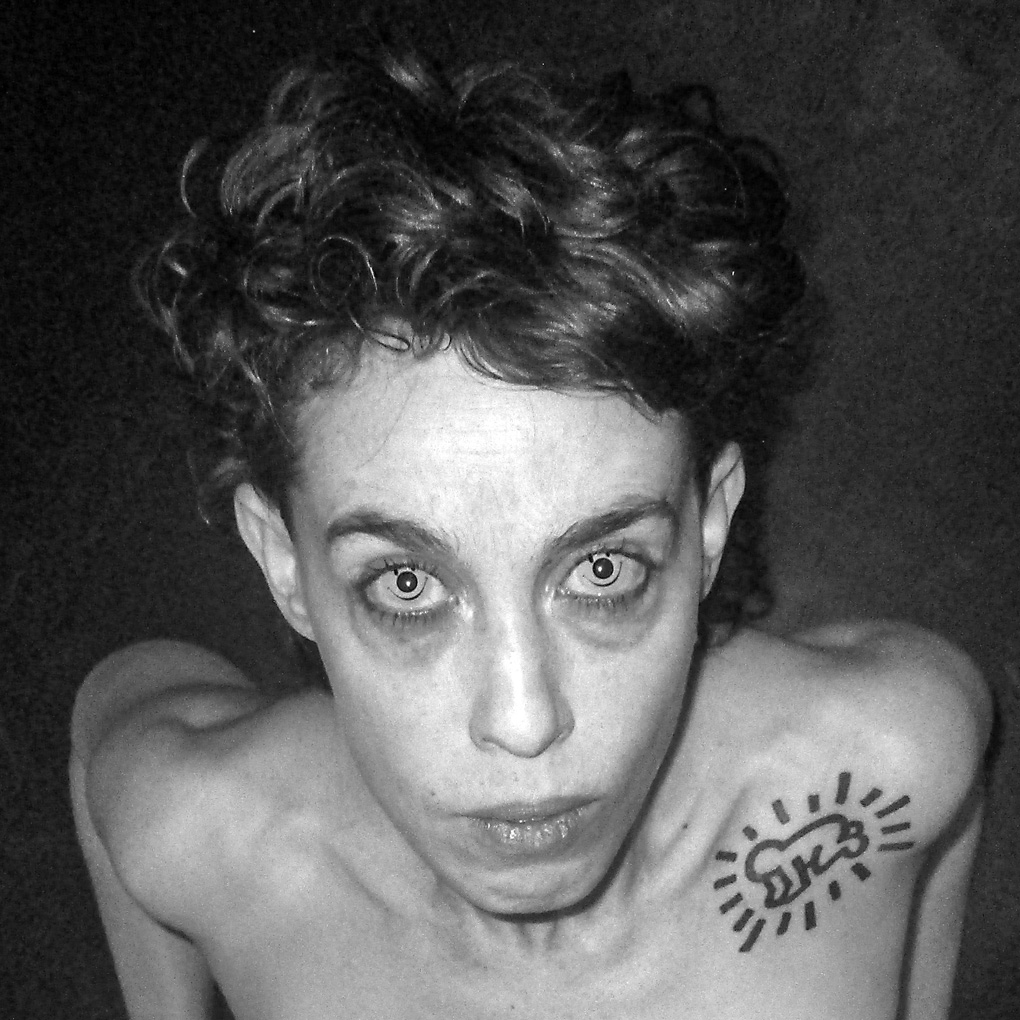
Daphna Horenczyk
is a choreographer and performer based in Vienna, originally from Israel. Her work explores the tension between experience and representation, using irony, emotional research, and physical paradox to navigate embodiment and social realities. She investigates how bodies are read, framed, and politicized on stage. Her recent works include RAGE (2025), Passage (2023), and DIORAMA:stories (2020). She has performed internationally with choreographers such as Adrienn Hód, Amanda Piña, Ceren Oran, Anna Konjetzky, and Ariel Cohen, and currently researches unison as a practice of relational dissonance and embodied listening. daphnahorenczyk.com
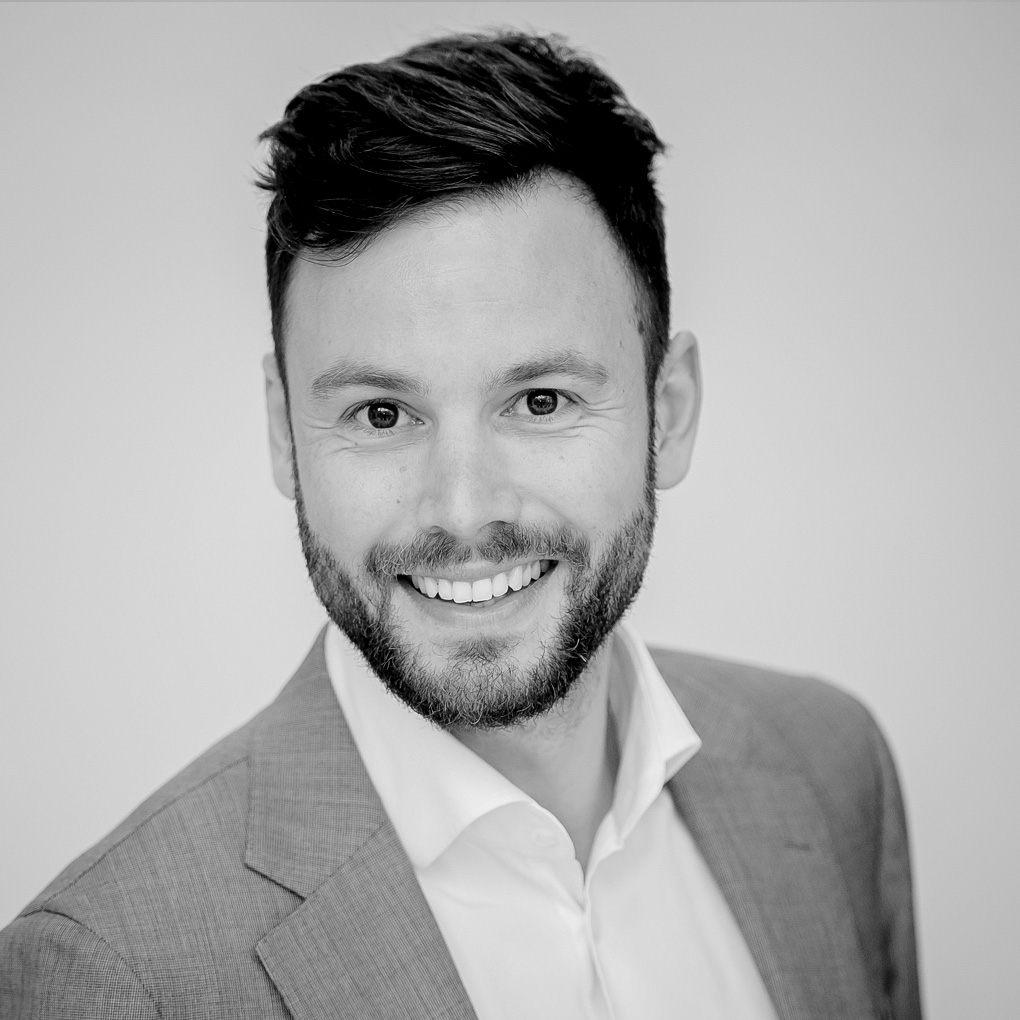
Simon Ilse
Simon Ilse works on foreign &security policy with a comprehensive security understanding (integrated security, human security, feminist foreign policy) based in Vienna. His work focuses on global perspectives. He holds a B.A. in International Relations (Dresden, New Delhi) and an M.A. in Public International Law (SOAS) and worked as an advisor for the Secretary-General of the German Greens and the Prime Minister of Baden-Württemberg. He joined Heinrich Böll Foundation in its Tunis office and was office director in Belgrade from 2018 - 2022. Since 2023 he heads the Global Unit for Human Security in Vienna.
Heinrich Böll Stiftung
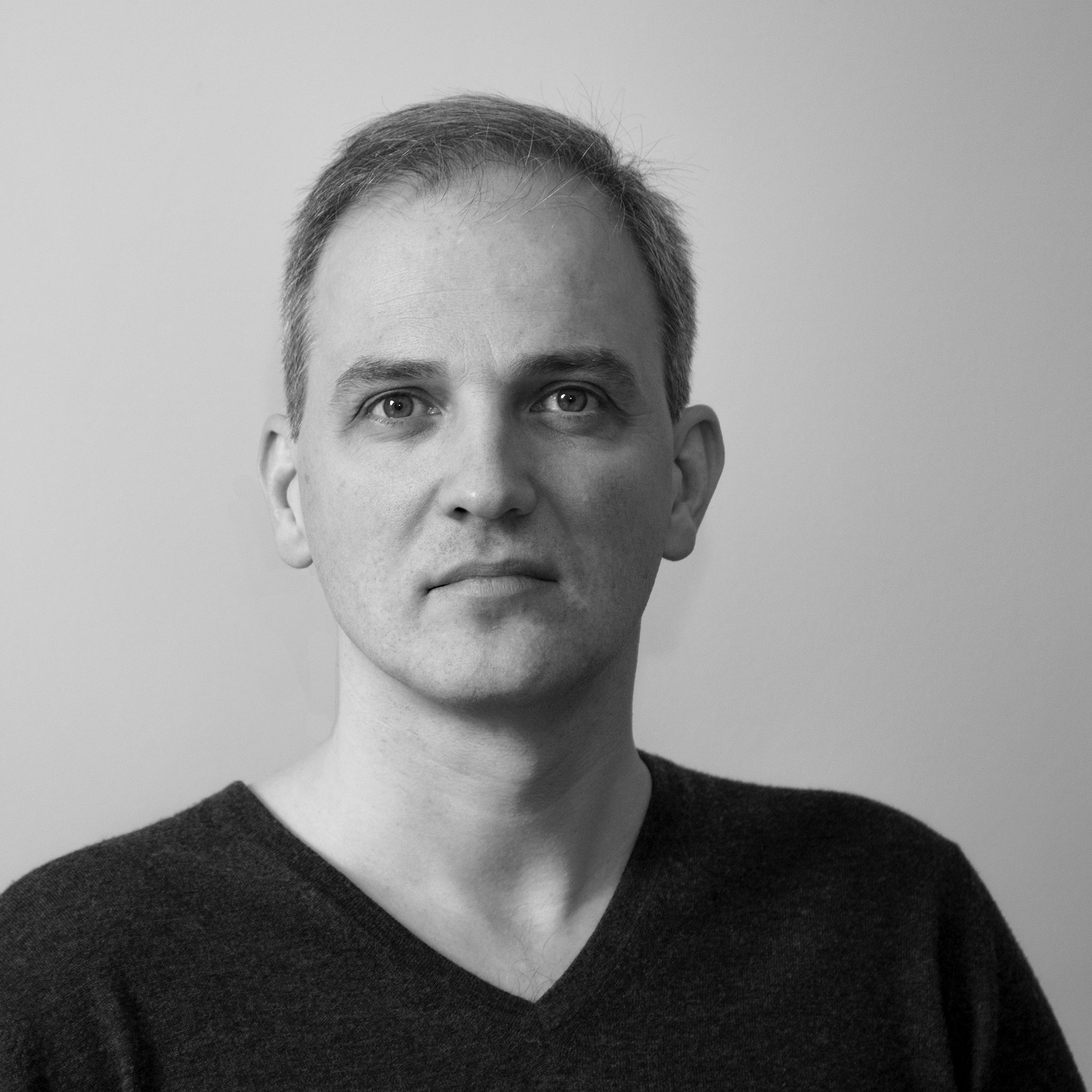
Volkmar Klien
Growing up in Vienna, Volkmar Klien spent his childhood engulfed in the city’s rich musical life with all its glorious traditions and engrained rituals. Working from this background Volkmar Klien today strives to extend traditional practices of composing, producing, and listening far beyond the established settings of concert music. He works in various areas of the audible and occasionally inaudible arts navigating the manifold links in-between the different modes of human perception, the spheres of presentation and the roles these play in the communal generation of meaning. volkmarklien.com
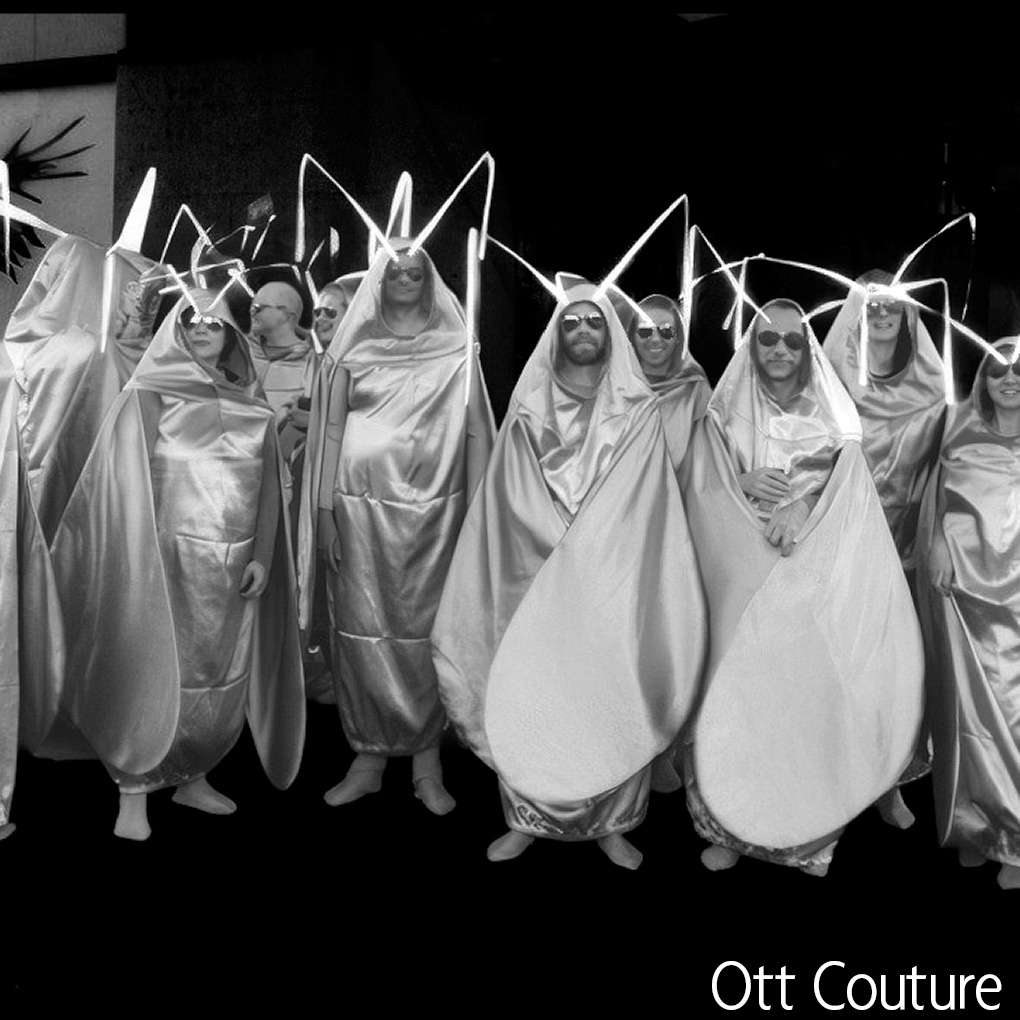
FOTO: Alexandra Eizinger
Choir Kördölör
A choir founded in 2009 and based in Vienna’s second district, whose members primarily come from the visual arts scene. Their performances have included events such as Warum denn grad Eisler, Velvet Underground and AC/DC Tribute, the quiet is the new loud concert series, Less dress more fun, Lange Nacht der Museen, Posthof Linz, Theater Nestroyhof-Hamakom, Fluc and Fluc_Wanne, Theater brut, Casino Baumgarten, mumok, WUK, and the Karlsplatz Festival in Vienna.
Participants: Hubert Blanz, Catrin Bolt, Eva Buch, Caroline Ecker, Annette Fischer (Leitung), Claudia Gerl, Marie-Therese Harnoncourt, Lena Rosa Händle, Barbara Imhof, Sabine Kiendlhofer, Gregor Kneussel, Katja Mayer, Peter Melichar, Sabine Ott, Julia Sokol, Oliver Stotz, Wolfgang Ure, Anne Wagner, Martin Wagner. kördölör.org
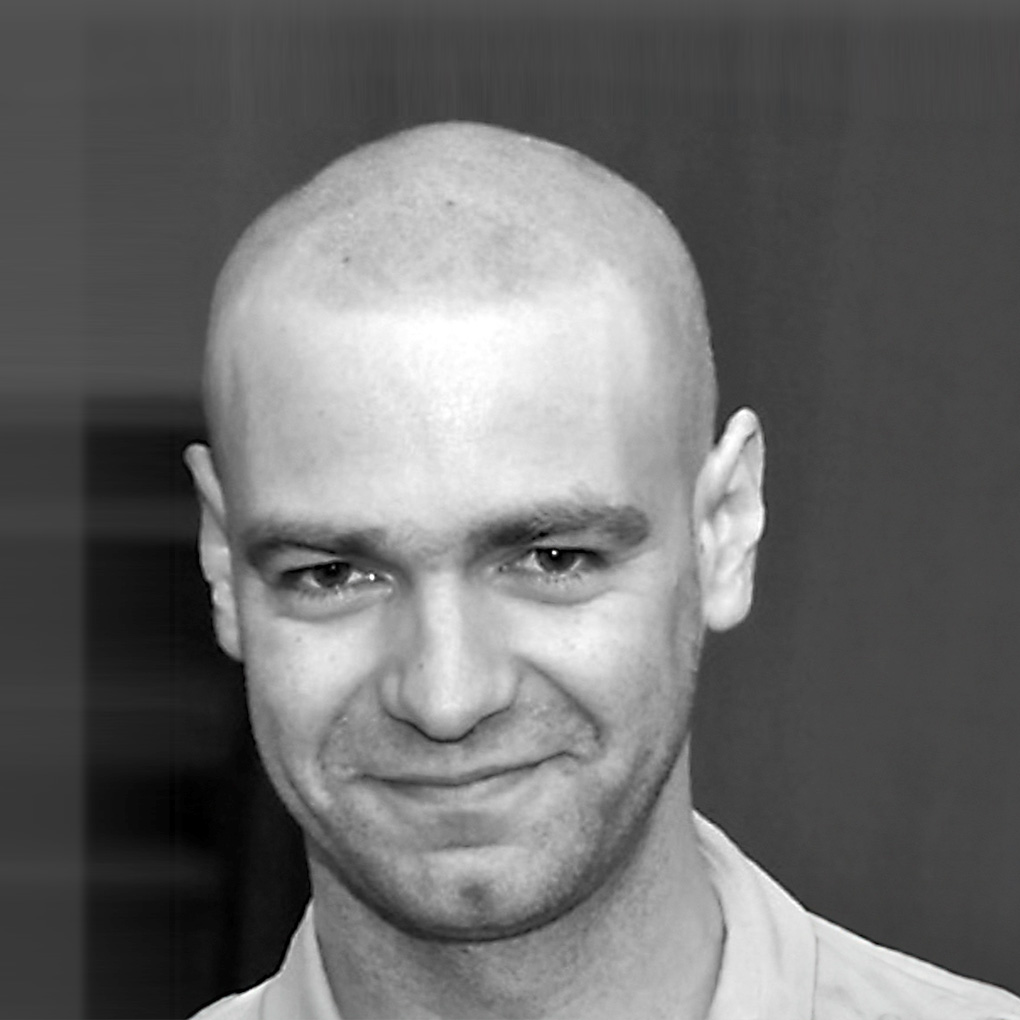
Michael Loizenbauer
is an integral part of the Viennese dance and performance scene. He studied digital art at the University of Applied Arts and directing at the Max Reinhardt Seminar. Several years of collaboration with Liquid Loft, Michael Turinsky, Akemi Takeya, Peter Weibl, The Future of Demonstration and others. His research focuses on the influence of media and AI on the desynchronization of societies. The central question here is the function of media and AI in the production of information and the resulting consolidation of knowledge and certainty and their influence on socio-political and democratic processes. His mostly visually based artistic approaches range from classic media art works, photography and video to experimental transdisciplinary media formats.
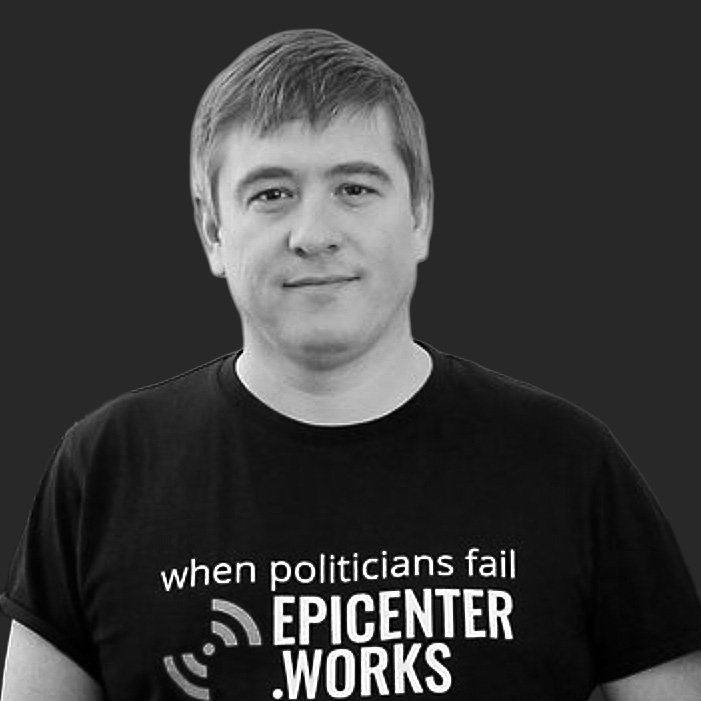
Thomas Lohninger
was a programmer and anthropologist in his former life. Digital rights had been his hobby until it became a job when he intensively accompanied the EU Net Neutrality Regulation as Policy Advisor for European Digital Rights (EDRi). Thomas was one of the driving forces behind the www.savetheinternet.eu campaign and has a strong work focus on net neutrality, data protection, and mass surveillance. Since 2010 he has played an active part at epicenter.works and since 2014 he is the executive director of the association. He also writes on Netzpolitik.org, is a regular guest in the Podcast Logbuch:Netzpolitik and a non-residential Fellow of the Center for Internet and Society at the Stanford Law School. He was in the board of the EU umbrella of 45+ digital rights NGOs (EDRi) and since 2024 he is Chair of the Governance Working Group of the UN dpi-safeguard initiative and member of the Jury for the German eIDAS Wallet and the Ad-Hoc Technical Advisory Group on eIDAS of the European Commission.
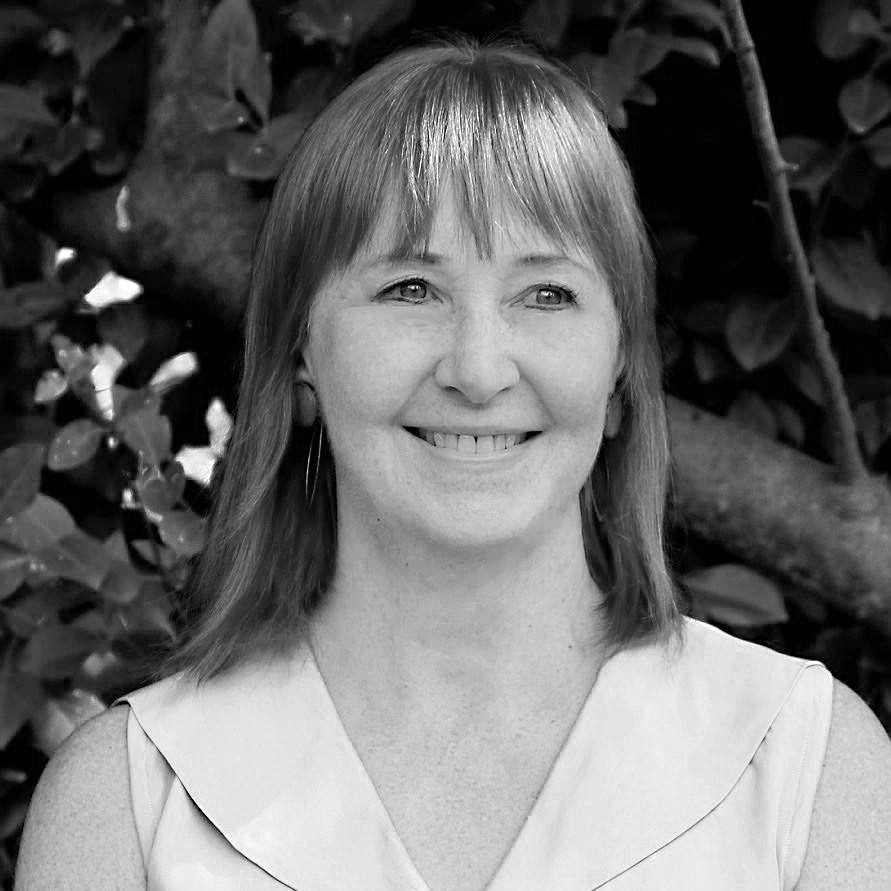
Anne McClintock
is a writer, photographer and public intellectual, who holds the A Barton Hepburn Chair at Princeton University’s High Meadows Environmental Institute and Program in Gender and Sexuality Studies. McClintock’s current work engages earth system animacies, global militarization and mass displacements, animating the nexus of melting glaciers, volcanos, and rising oceans, including the impact on Indigenous peoples.
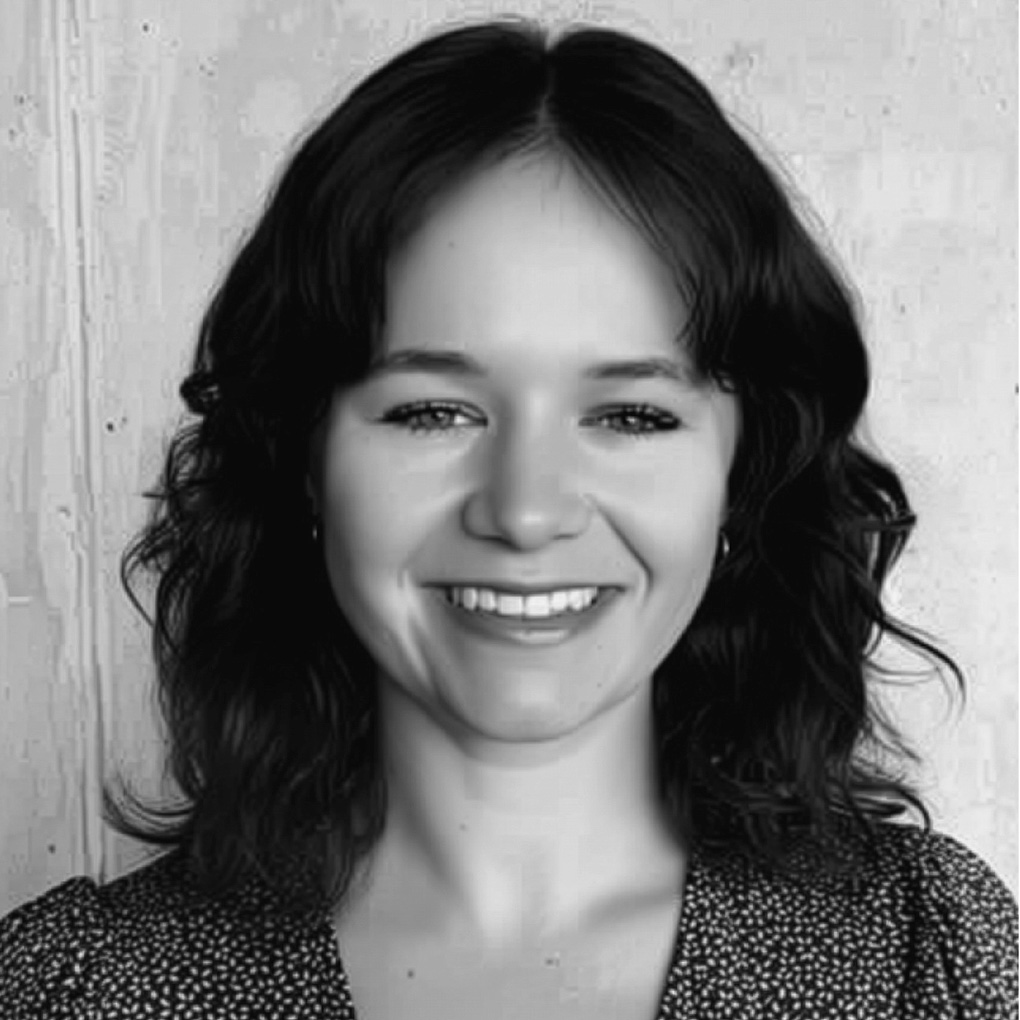
Helena McFadzean
is a curator, collaborator and art scholar based in Vienna, specializing in new media and transdisciplinary approaches to critical knowledge production. Grounded in philosophy and art history, she works with Disintegrator on various projects while completing her MA in Critical Studies at the Academy of Fine Arts in Vienna. Her curatorial work focuses on the close collaboration with artists and thinkers to develop formats that often tend towards the parafictional.

Rebecca Mignot-Mahdavi
is an Assistant Professor of International Law at Sciences Po Law School. Her current research is situated in the fields of international law, international legal theory and digital security law and governance. Her research includes reflections on technolegal modes of governance and their evolution/proliferation in a context where risk-anticipation strategies and technology are in play. She explores these technolegal phenomena beyond rigid disciplinary boundaries. Her book, Drones and International Law: A Techno-Legal Machinery was published with Cambridge University Press in July 2023. Rebecca is an Editor for the Legal Theory section of the Leiden Journal of International Law, a co-founder of the ESIL Interest Group on International Law and Technology, and an Associate Researcher at the TMC Asser Institute, University of Amsterdam. Rebecca holds a PhD from the European University Institute and the École des Hautes Études en Sciences Sociales.
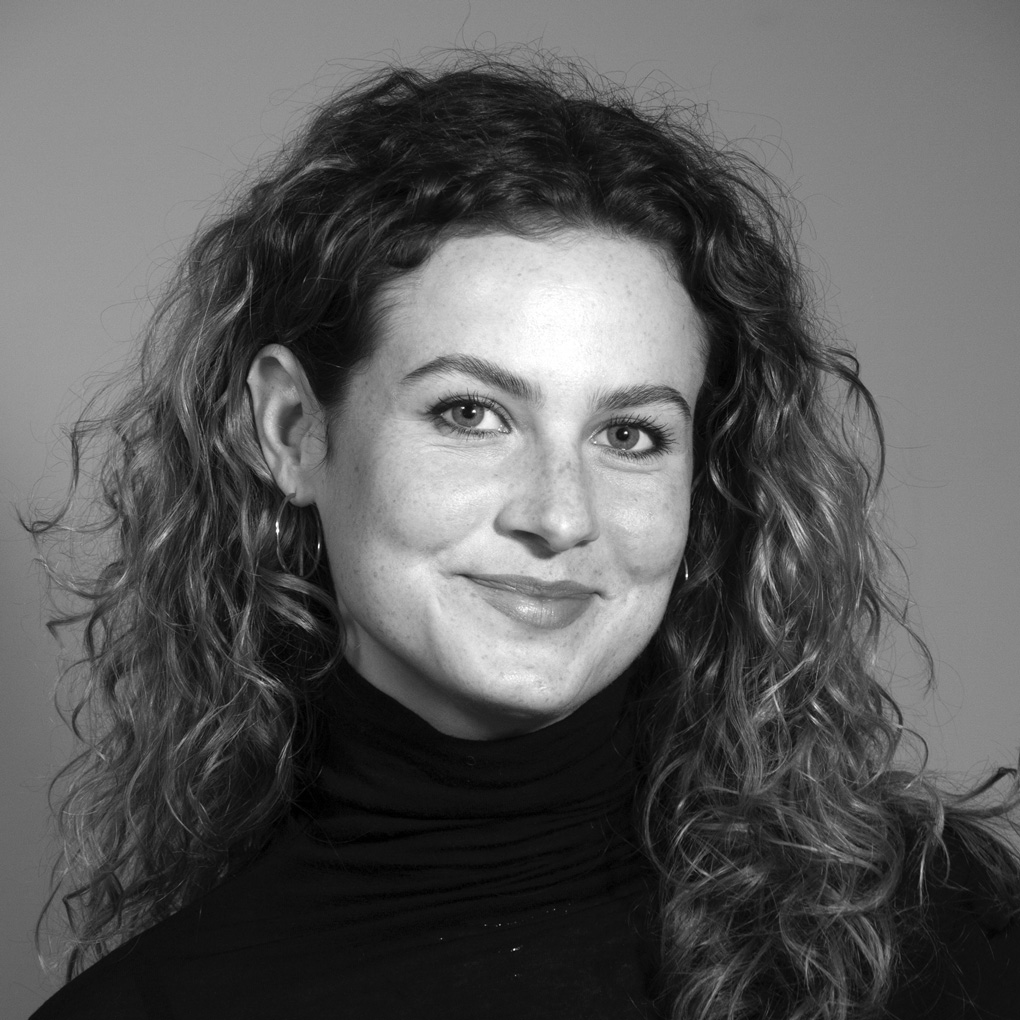
Fabiola Noll
is a Vienna-based journalist and cultural manager with a background in political science, international development and arts & cultural management. Her work moves between cultural organizing, communication, and media production, with a focus on accessible, interdisciplinary formats. She currently works in project coordination for Never At Home, a platform for temporary cultural formats in Vienna, and has gained experience in both local and international settings – including event production in Spain and financial education for students in a museum. As a trained speaker and freelance journalist, she has produced audio and podcast formats for media outlets such as Ö1 and Kurier. Across her practice, she is interested in how stories are told, spaces are opened, and participation in culture is made possible.
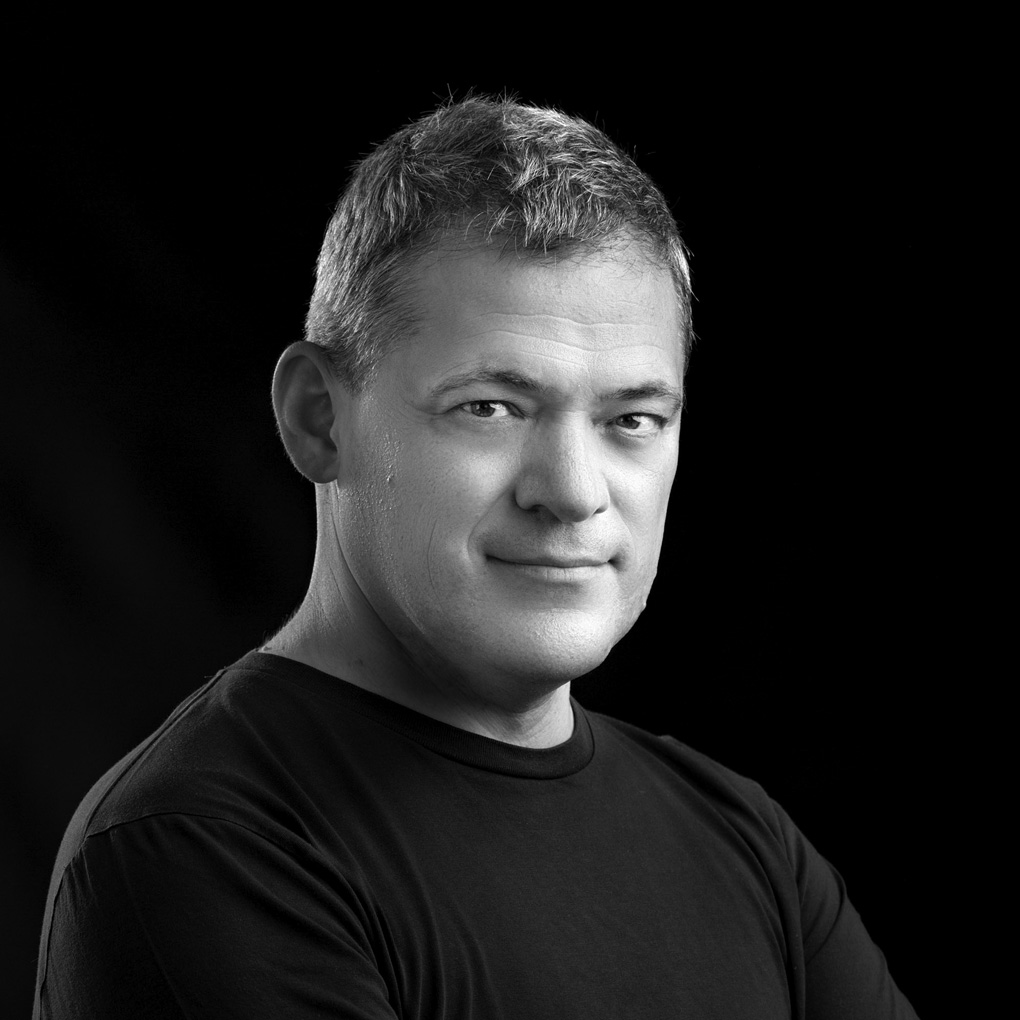
John Palmesino
Established by architects John Palmesino and Ann-Sofi Rönnskog, Territorial Agency promotes comprehensive territorial transformations in the Anthropocene by integrating science, architecture, art, advocacy, and action. Their work focuses on integrating science, architecture, and art in addressing climate change challenges. Grounded in spatial and territorial analysis using remote sensing technologies, they represent complex transformations of contemporary inhabited territories. Territorial Agency is a leader in architecture’s relationship to the Anthropocene, with projects like ‘How heavy is a city?’, ‘Anthropocene Territories’, ‘Oceans in Transformation’, ‘Sensible Zone’, ‘Plan the Planet’, and ‘Museum of Oil and Anthropocene Observatory’. John Palmesino and Ann-Sofi Rönnskog are Unit Masters at the AA Architectural Association School of Architecture, London. John is a founding member of multiplicity, an international research network whose work includes Mutations, USE Uncertain states of Europe and Solid Sea. He led the research of ETH Studio Basel / Contemporary City Institute. Territorial Agency won the STARTS PRIZE 2021 – Grand prize of the European Commission for innovation in technology, industry, and society stimulated by the arts for ‘Oceans in Transformation’. They are chief curators of the Lisbon Triennale 2025 and members of the high-profile interdisciplinary Anthropocene Working Group. territorialagency.com
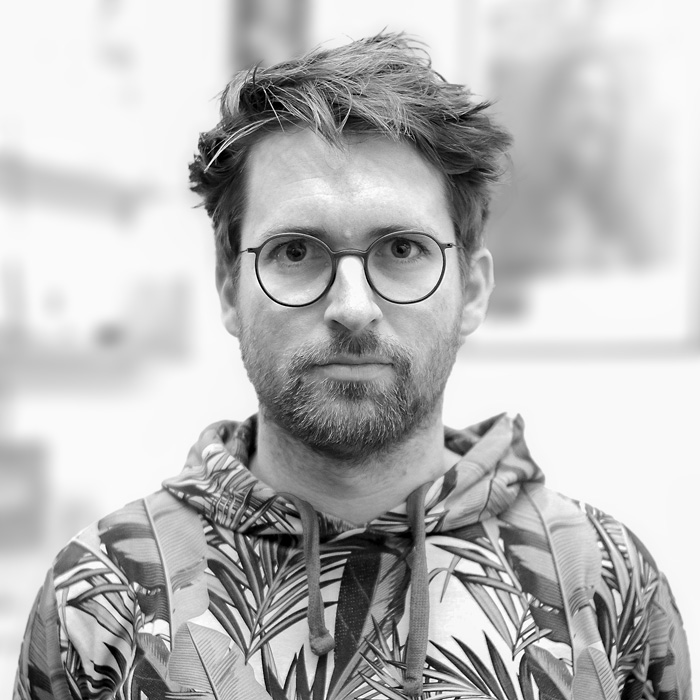
FOTO: Ines Bacher
Markus Passecker
is currently pursuing a PhD at the University of Applied Sciences St. Pölten, in collaboration with the Technical University Vienna. His research focuses on advancements in digital heritage and interactive storytelling.He earned an MA in Digital Media Technology and Digital Healthcare from the University of Applied Sciences St. Pölten, with a specialization in Experimental Media|Art. As an XR creator and UX designer, Markus develops applications that aim to enhance visitor experiences both in museums and in broader contexts. He has a keen interest in the interaction between the physical body and media technologies, particularly through biofeedback-controlled installations and performances. His work seeks to explore and expand the potential of XR technology to create immersive and engaging experiences. markuspassecker.com
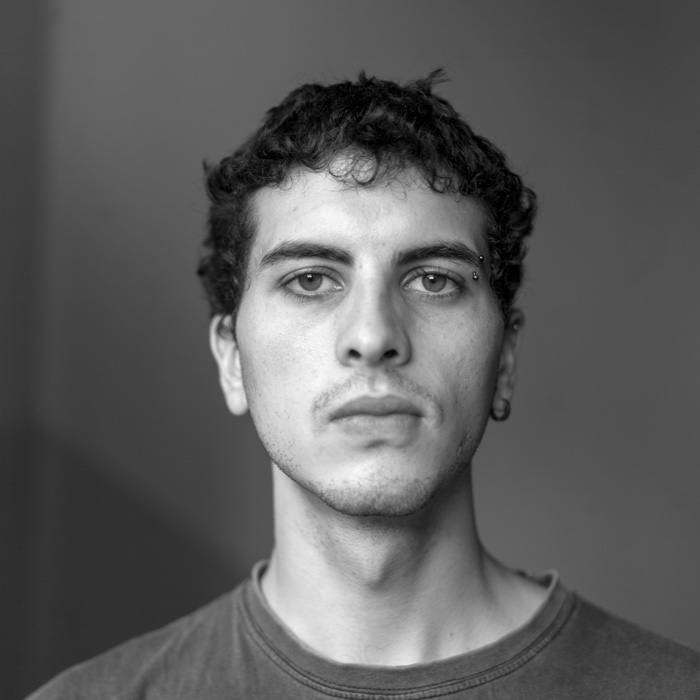
Daniel H. Pineda
is an artist, curator and researcher. He is involved in an array of local as well as trans-national and trans-disciplinary projects that range from research groups and artist run spaces to experimental theory and performance networks. Daniel operates mostly in and as adO/Aptive, a flexible assemblage with ever-changing members and a collective that foments critical thinking, potential action, communication and Otherness through performative adaptions. danielhuettler.com
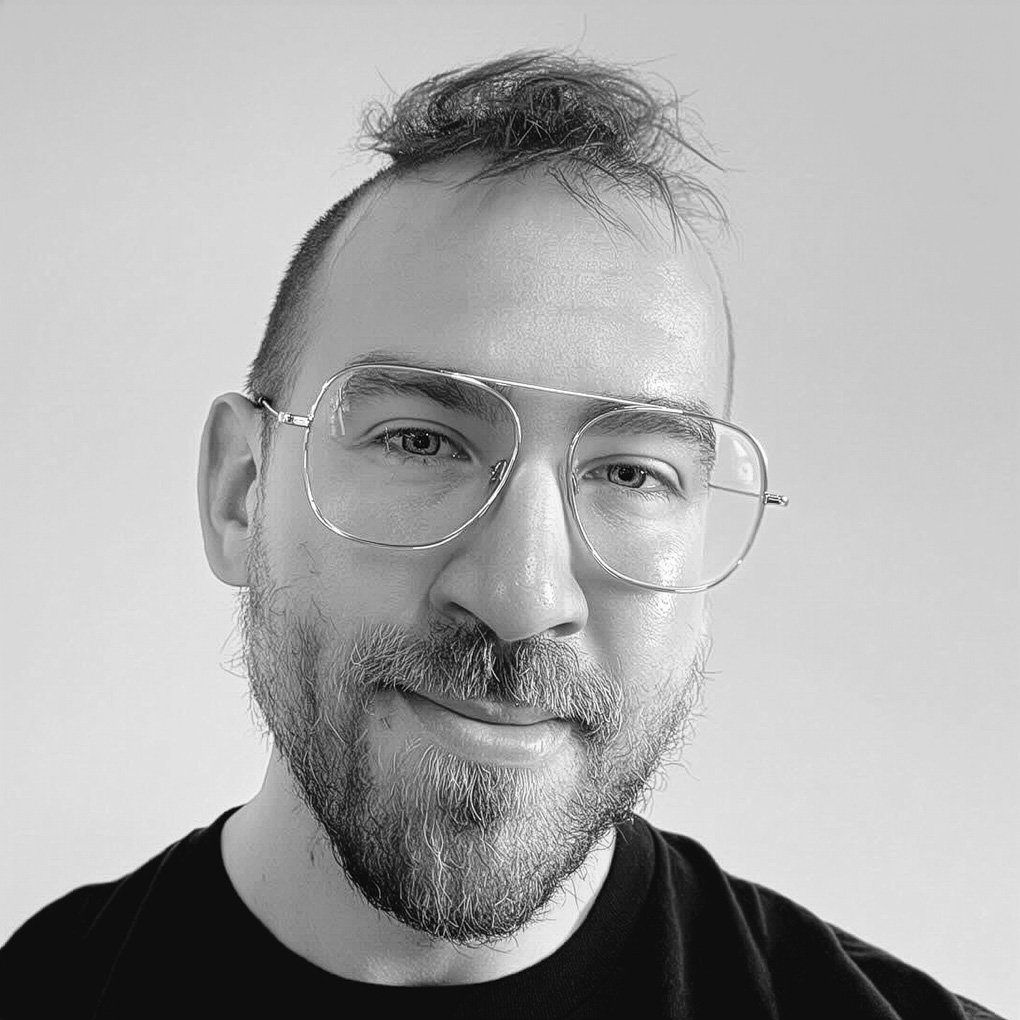
Marek Poliks
is a researcher in the philosophy of technology, especially with respect to deep learning. He’s based in Minneapolis, Minnesota. Marek and his primary research partner Roberto Alonso Trillo (HKBU) have been working to situate deep learning tools as endosymbiotic reproductive infrastructure (inorganic vehicles through which biological, epistemological, and social information is encoded, subject to contingent processes, and transmitted).
marekpoliks.com
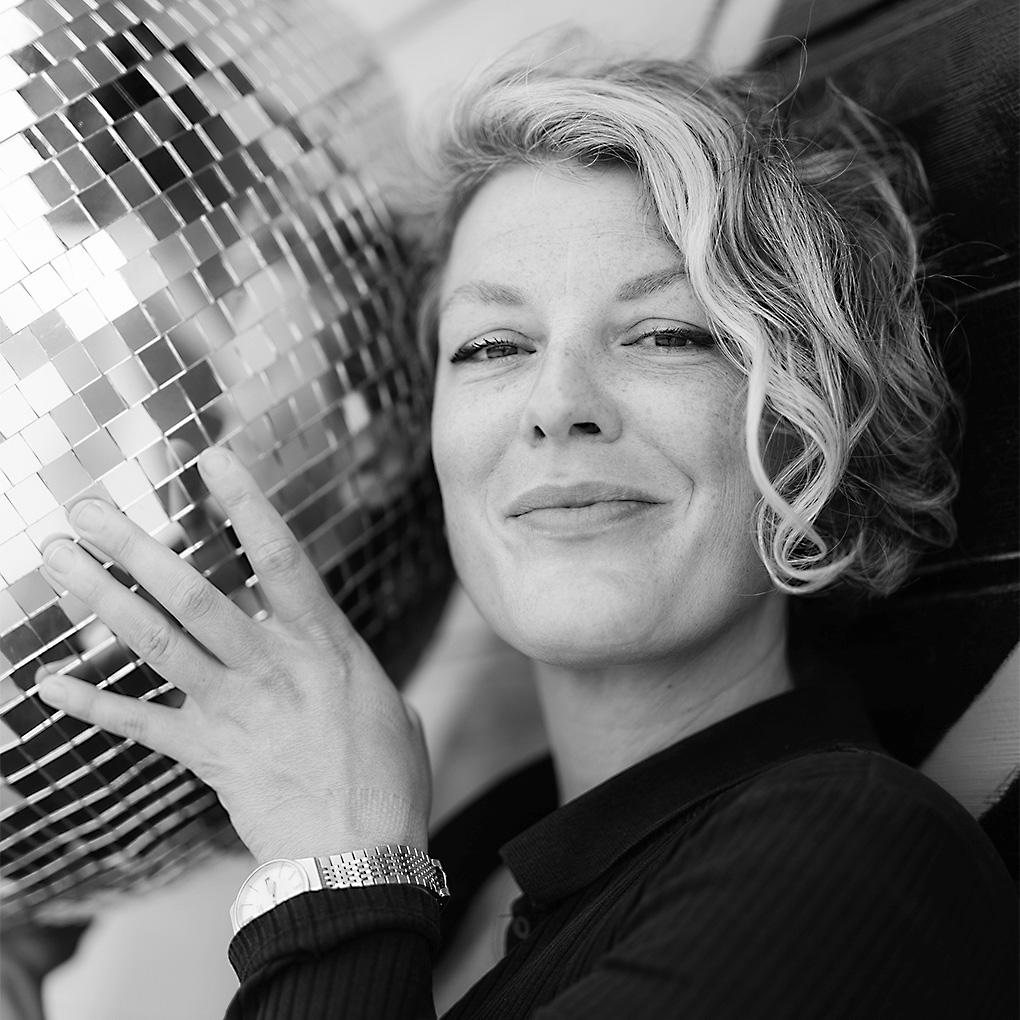
FOTO: Tim Cavadini
Lisa Pölzl
Lisa has always loved serving people, mixing drinks and throwing parties. She started waitressing while she was still at school and later to finance her two degrees at the University of Vienna. After working in the social sector, she launched her first cocktail bar, Palm Beach Bar, right in the midst of the Covid pandemic in 2021. Glittering and colorful Cafe Disko followed in autumn 2023, and Cafe Negroni on New Year’s Eve 2025. Lisa loves developing new gastronomic ideas, because her passion is to create a social space where people can connect, chat, discuss, dance and party all night long. You’ll find Lisa either @palmbeach.bar, @cafe.disko, @negroni.wien.
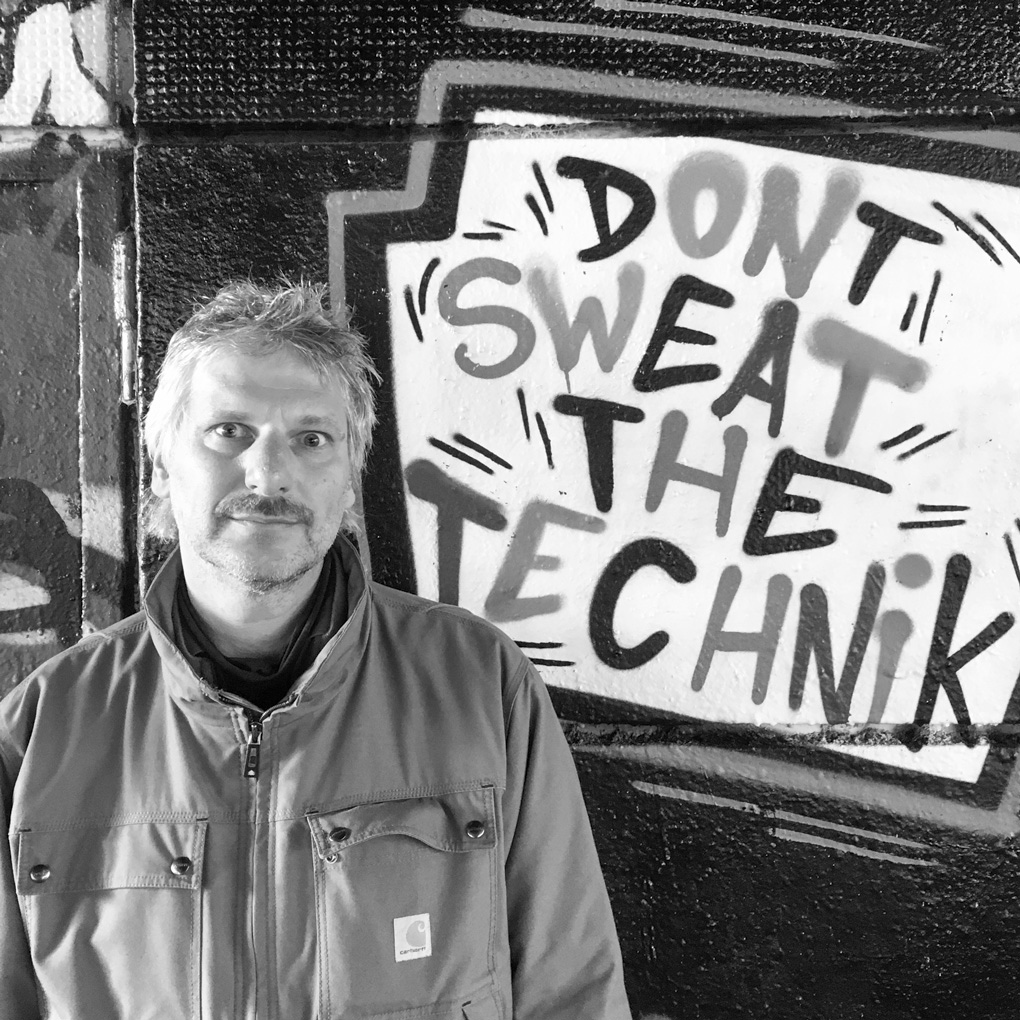
FOTO: Christian Hutzinger
Thomas Raab
lives as a writer with a scientic background in Vienna. His latest books are the sarcastic short prose collection entitled BOBOPHON (2020) and INTELLIGENZ & PHANTASIE (2025), a didactic commentary on machine learning and the psychological concept of intelligence. nachbrenner.at
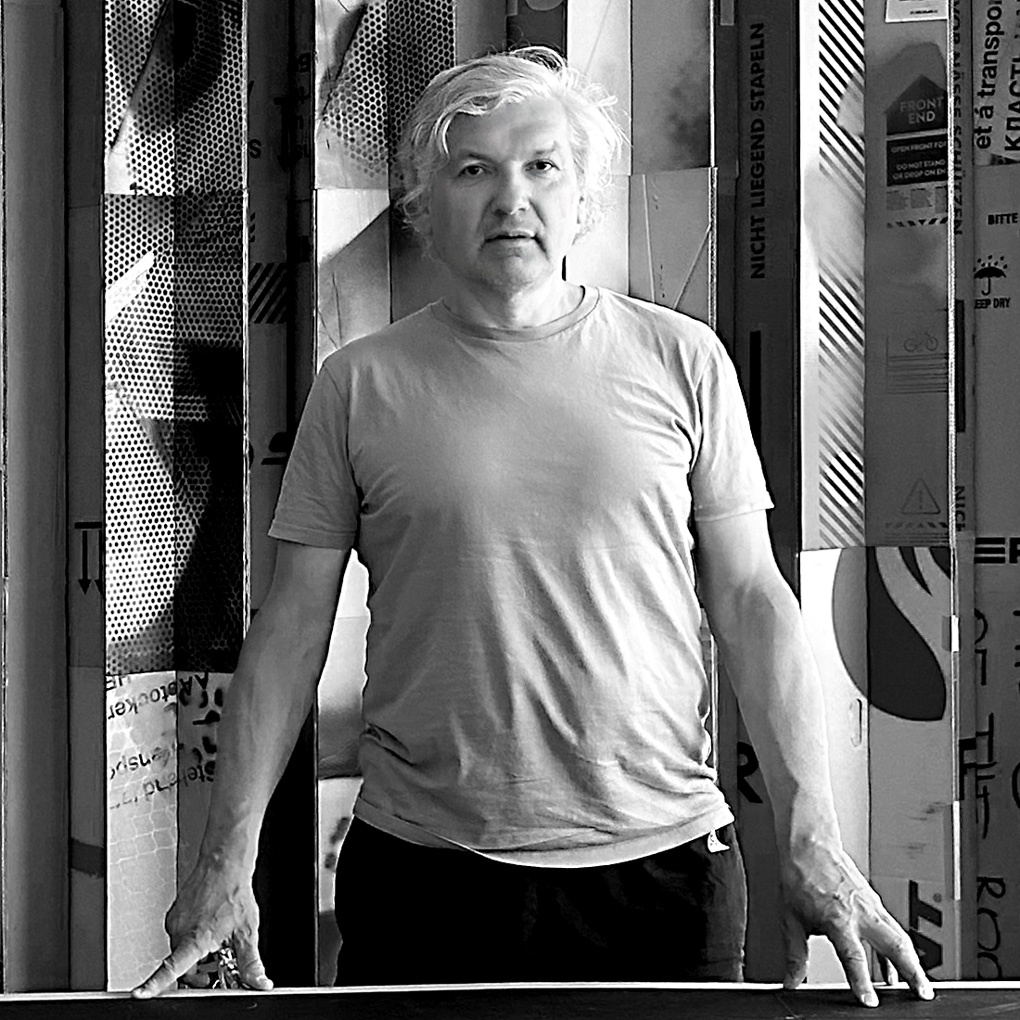
Peter Sandbichler
is a conceptual sculptor, whose work revolves around a series of recurring parameters such as modular structures and reused material. In conversation with architecture, his building façades, interior friezes, free-standing sculptures, and works in cardboard playfully incorporate various systems and patterns in a series of “takes” whose interpretation may be discerned in the title of his 2022 book: Builder of Images. For „HOTHOUSE“ Sandbichler adapts the constellation of his „DOPO LAVORO“ stand-up bar (2024) into a new version, the „AIOOIOO“ stand-up bar, to be used for exchange and conversations around the event. petersandbichler.com
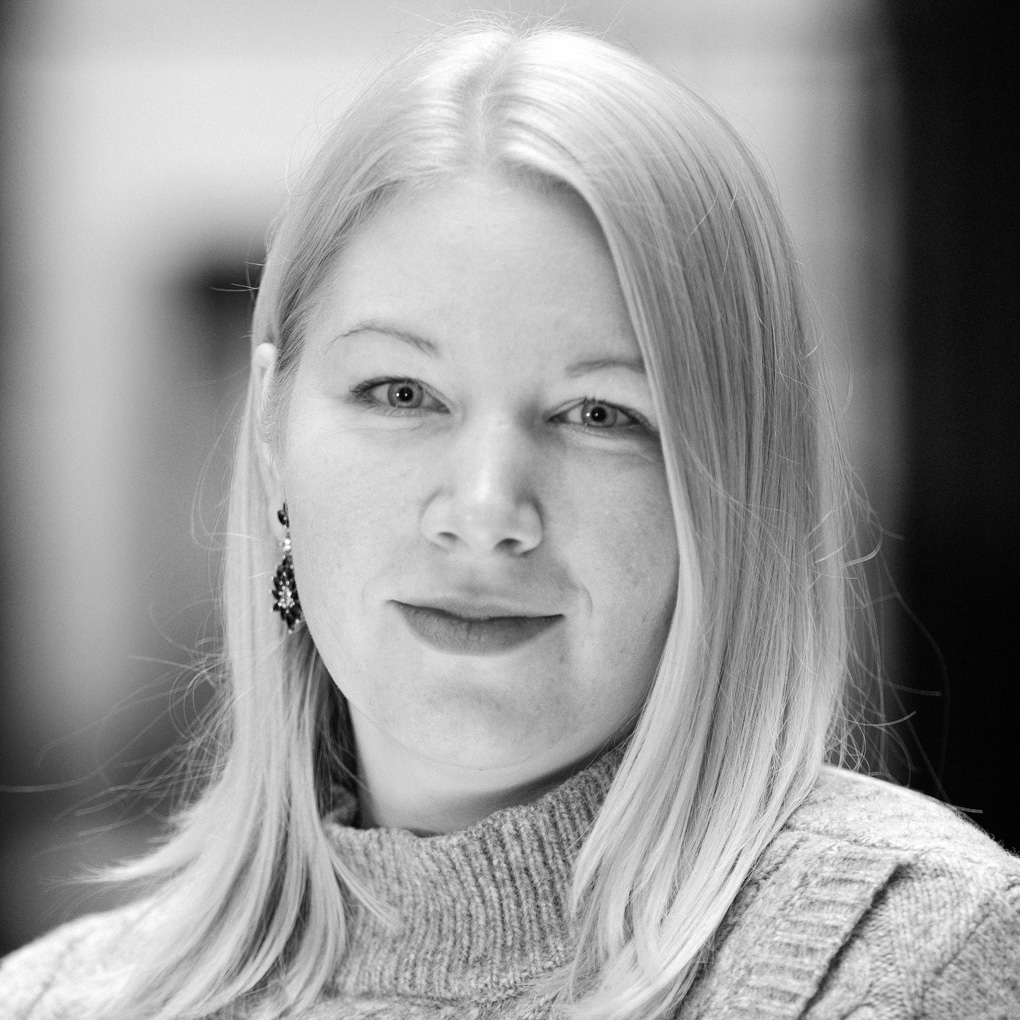
FOTO: Julia Wojtkiewicz
Marit Seyer
is a lawyer and founder and chairwoman of the Campaign to Stop Killer Robots (KRC) Austria, the Austrian branch of the International Campaign to Stop Killer Robots. As such, she is part of a global coalition of over 250 organizations advocating for the preventive ban of fully autonomous weapon systems and working to stop the growing digital dehumanization. She previously worked in the Disarmament Department of the Austrian Federal Ministry for European and International Affairs, where she was involved in Austria’s efforts to ban Lethal Autonomous Weapon Systems (LAWS). Her advocacy also includes public education through graffiti, publications, and creative campaigns addressing the threat of Killer Robots. krcaustria.at
Stop Killer Robots
is a growing global coalition of civil society organizations working to prevent digital dehumanization, promote a more just society, and challenge systemic inequalities and oppression. But Stop Killer Robots is part of a shared movement that is not led by a single campaign alone, but is part of a global effort to recognize the impact of the technology we create and our responsibility to ensure it is used within limits and with accountability. This movement is everyone working to build a society in which technology is developed and used to promote peace, justice, human rights, equality and respect for law – not automate killing. stopkillerrobots.org
Stop Killer Robot Coalition participating members
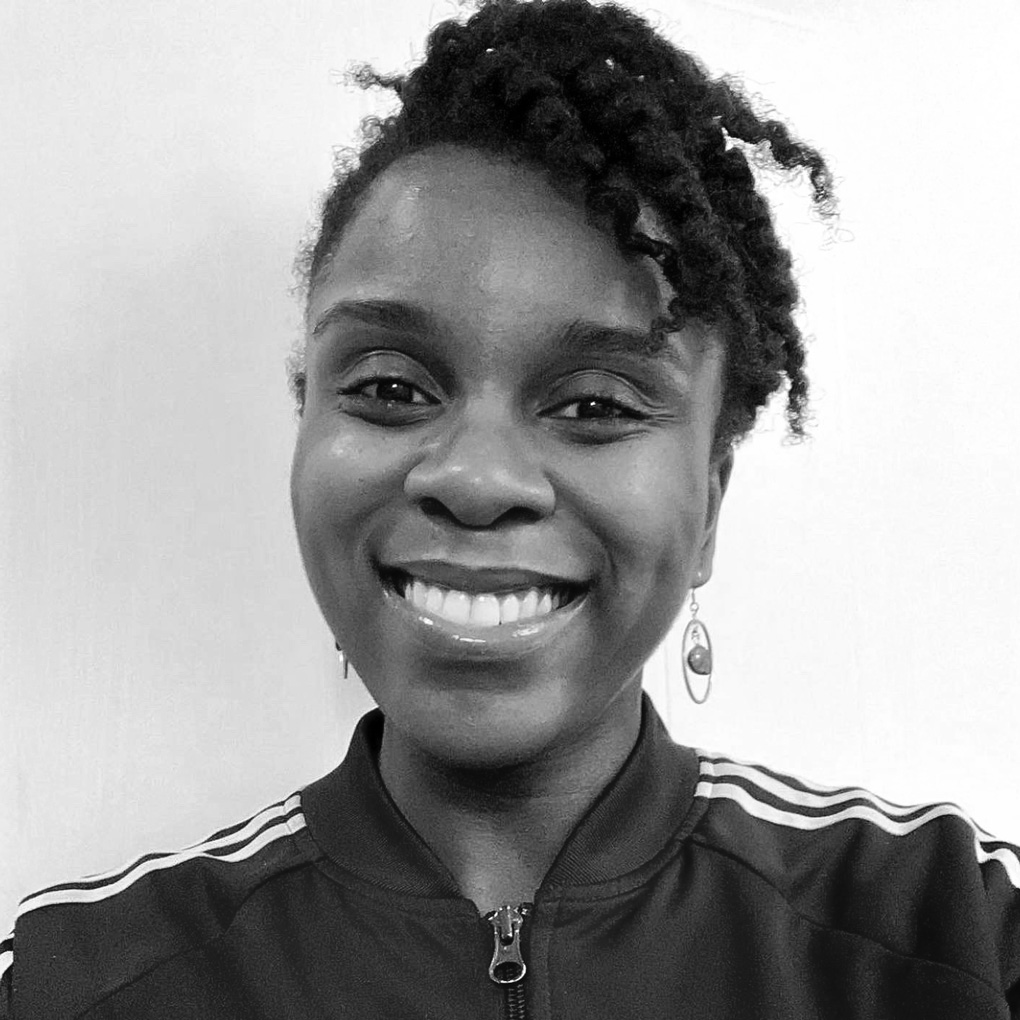
STOP KILLER ROBOT COALITION
Salena Barry
is the Digital Communications Lead for Stop Killer Robots. She manages the campaign’s digital and social media communications. Prior to joining the team in July 2023, she worked for Islington Council, a local authority in London, and Refuge, the UK’s largest domestic abuse charity. She holds a Masters degree in Art & Politics from Goldsmiths College, University of London. She believes in the power of communications, visual and textual, to build community and inspire meaningful action on human rights and social justice issues. In her free time, she writes about visual arts, drawing out its intersections with politics. Originally from Canada, Salena is currently based in London, UK.
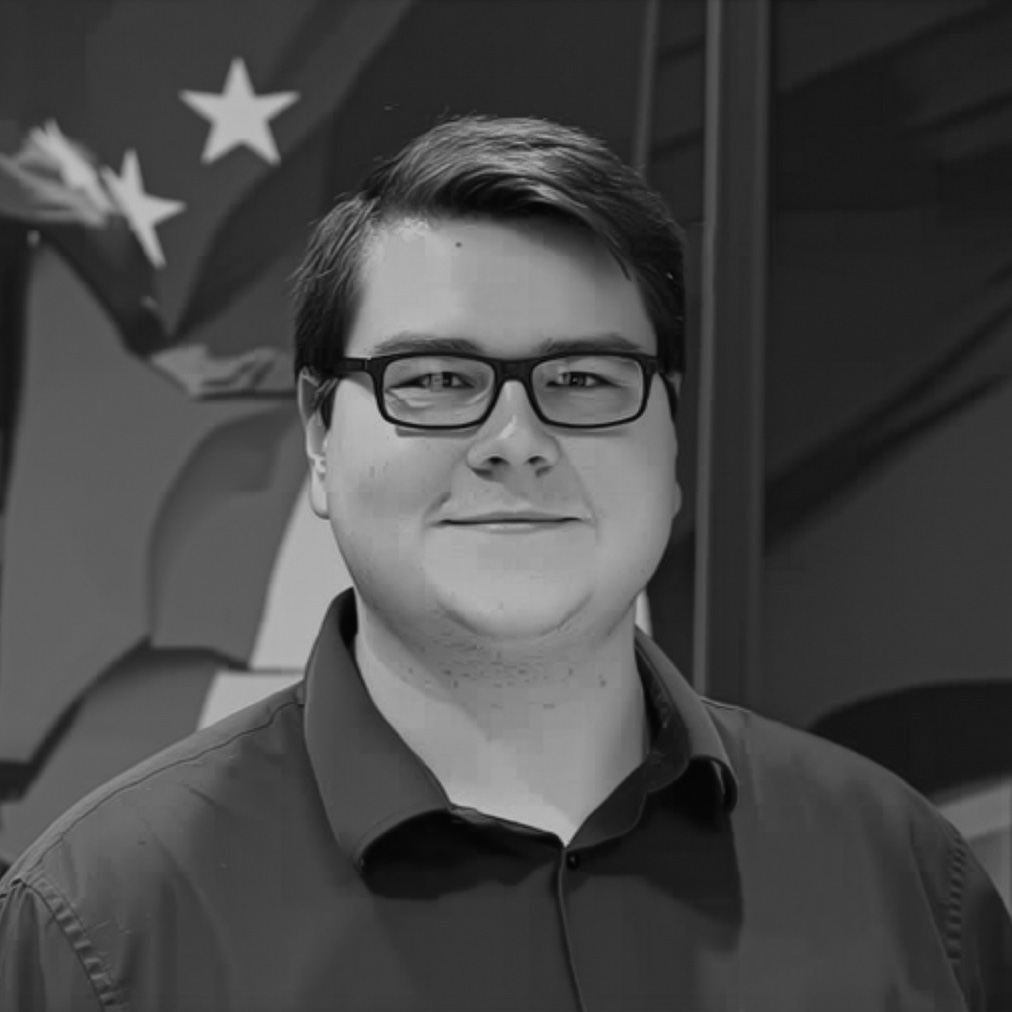
STOP KILLER ROBOT COALITION
Illés Katona
is a student of law in Budapest, Hungary. His research topic is artificial intelligence and law, in particular legal and ethical challenges posed by automated decision-making. Illés has been an activist and policy advisor to the Stop Killer Robots campaign in Hungary, and has held a number of lectures and seminars on the future of AI law and policy.
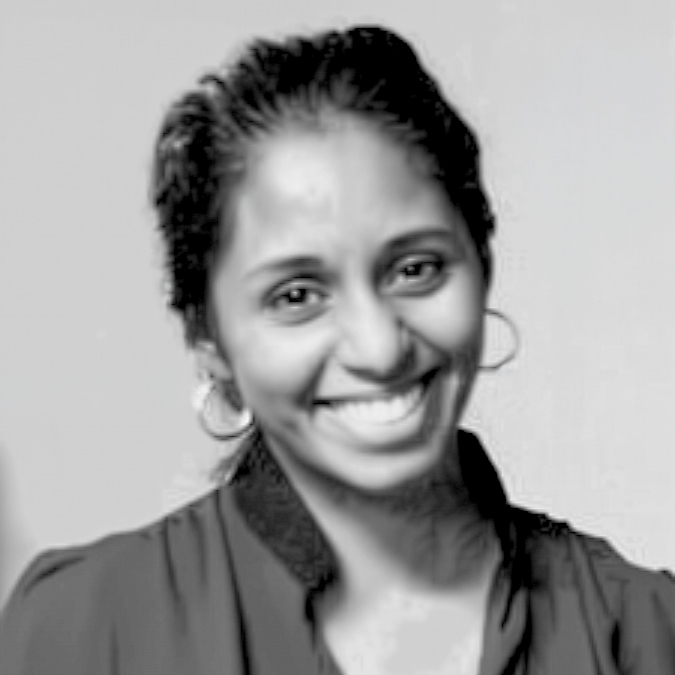
STOP KILLER ROBOT COALITION
Yanitra Kumaraguru
holds a Bachelors in Law from the University of Colombo and a Masters in Law from Harvard University and is an Attorney at Law of the Supreme Court of Sri Lanka. She also works with the Forum on Disarmament and Development where she functions as the Coordinator for the Sri Lanka Campaign to Stop Killer Robots as part of the larger global Campaign to Stop Killer Robots. Her areas of research include humanitarian law, gender, technology and human rights, business and human rights as well as disarmament.
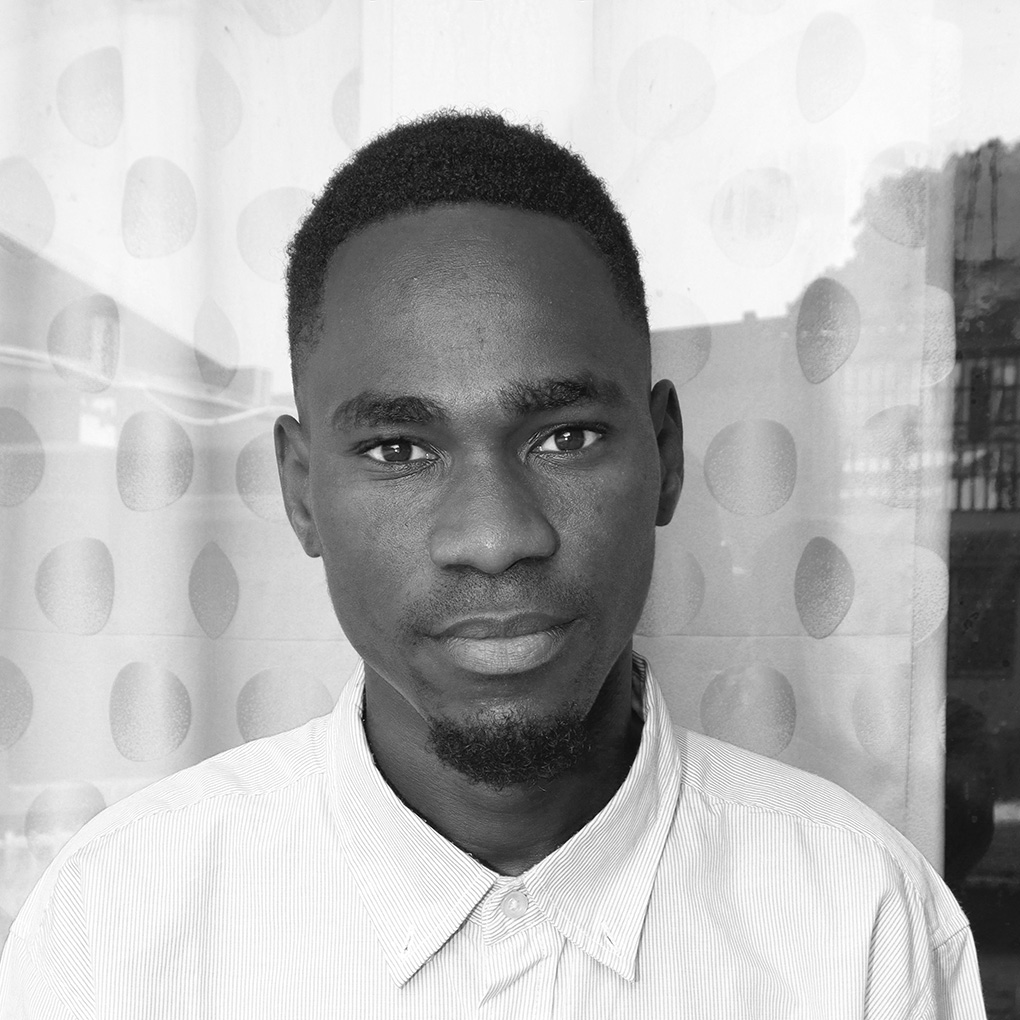
STOP KILLER ROBOT COALITION
Omar Mboob
is a passionate youth leader, award-winning activist, and development practitioner with over nine years of experience in volunteerism, youth engagement, and community service. He is a strong advocate for peace, climate justice, leadership, and social change across The Gambia and beyond. Omar serves as the National Coordinator for the African Youth Leadership Hub (AYLH) – The Gambia and World Beyond War – The Gambia, where he leads grassroots initiatives focused on empowering young people through leadership training, nonviolence education, and sustainable development. Committed to fostering peace and nonviolence, Omar works through education, grassroots action, and policy engagement to inspire and mobilize the next generation of changemakers to create lasting impact in their communities.

Soulcat
works as an independent DJ, Recording studio owner and producer, performing worldwide. Her musical range spans from Soul & Latin to jazzy Breaks, Funk, Old- & New School Hip Hop, Reggaeton, Afro, UK/Chicago/Tech-House and modern electronic club music. She also leads DJ workshops for teenagers and FLINTA since 2013, and has been offering DJing & Producing masterclasses for adults of various backgrounds since 2021, often in cooperation with internationally acclaimed music & media academies like SAE. Soulcat’s passion for diversity and empowerment continues to inspire aspiring musicians and DJs, particularly women of Caribbean and Latin American heritage. soulcatmusiq
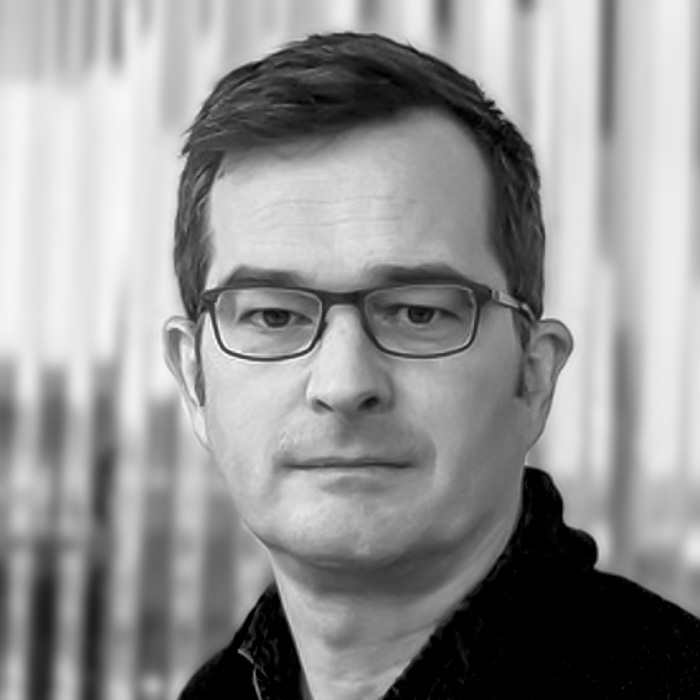
FOTO: Dominik Landwehr
Felix Stalder
is a professor teaching Digital Culture at the Zurich University of the Arts. His work focuses on the intersection of cultural, political and technological dynamics, in particular on new modes of commons-based production, copyright, datafication, and transformation of subjectivity. He not only works as an academic, but also as a cultural producer, recently retired as a moderator of the mailing list ‹nettime›, a crucial nexus of critical net culture. He is a member of the World Information Institute and the Technopolitics Working Group, both based in Vienna. He is the author/editor of numerous books, among others Deep Search. The Politics of Search Beyond Google [Transaction Publishers, 2009], Digital Solidarity [PML Mute, 2014], Kultur der Digitalität / Digital Condition /字 状况 [Suhrkamp, 2016/Polity Press, 2018, School of Public Art, 2023], Aesthetics of the Commons [Diaphanes, 2021], Digital Unconscious [Autonomedia, 2021] and From Commons to NFTS [Ljubliana 2022]. felix.openflows.com
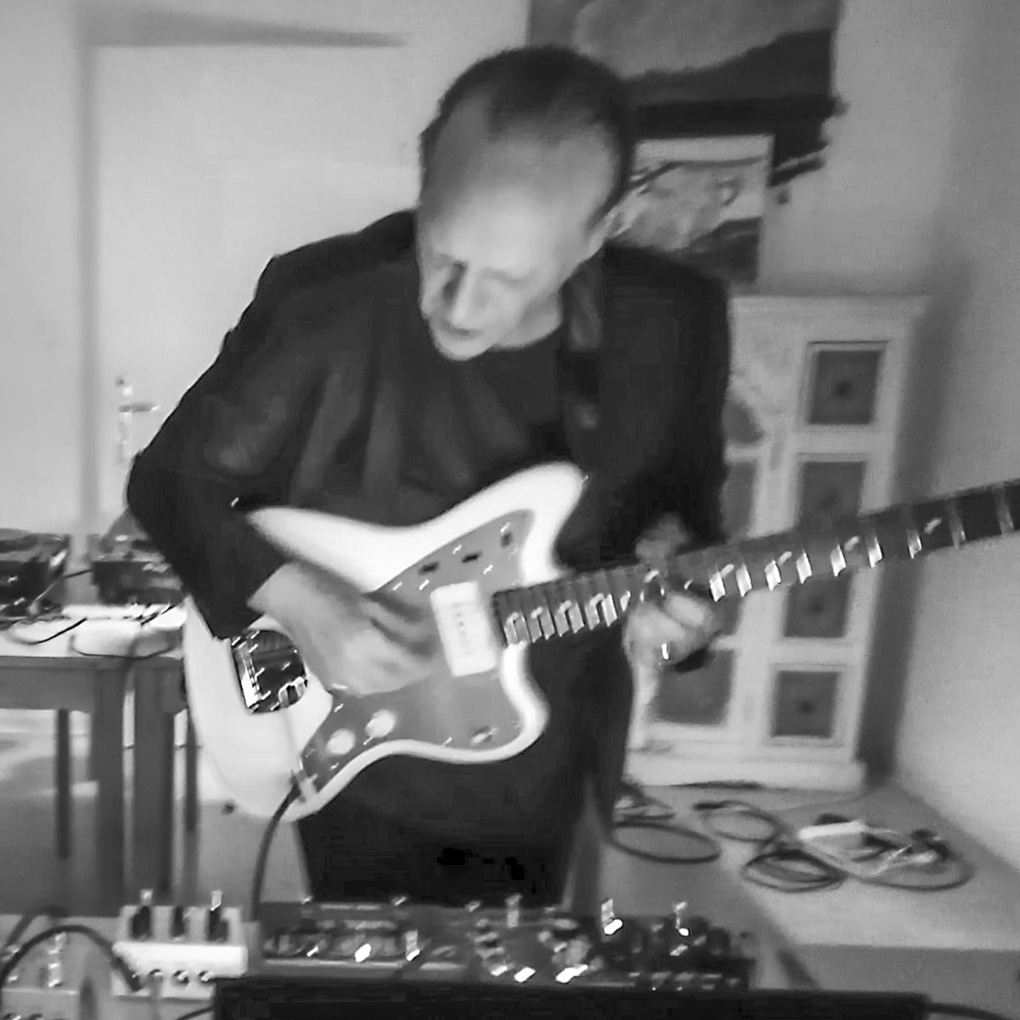
Brando Zores Szely
studied at the Institute for Electroacoustic and Electronic Music, Vienna. Works in the field of sound architecture and installation, intermedia art, composition and radio art, sound environments for theatre, film and performances as well as media and acoustic interventions in public spaces. Since 2003 sound architecture and sound direction for the series TONSPUR for a public space, a project of TONSPUR Kunstverein Vienna. His works and concert installations have been shown and heard in Europe, the USA, South America, Japan, China, Canada, Russia and Afrika. soundcloud.com/szely
Tactical Tech is a creative international non-profit with over two decades of experience dedicated to exploring the socio-political and environmental impacts of technology on society. They work to empower individuals and communities to navigate and mitigate the ways digital technologies change their lives and transform societies.
Advancing knowledge, critical thinking and capacity building are central to their work. Tactical Tech
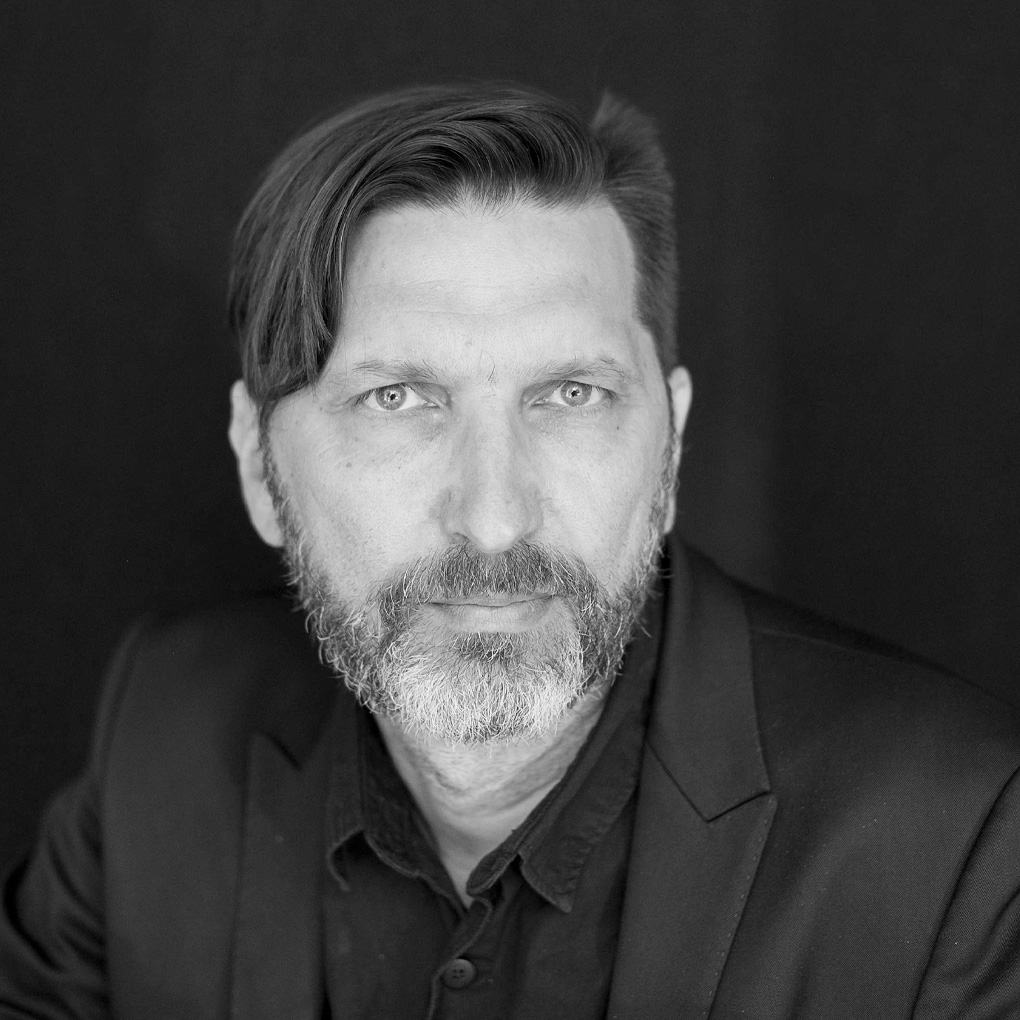
Marek Tuszynski
Marek Tuszynski, co-Executive Director and co-founder of Tactical Tech, is an artist, designer and curator working at the intersection of technology and activism. Marek is also a filmmaker, producer, teacher and provocateur whose creative interventions span media from film and radio to television, books, exhibitions, public spaces and the web. For 30 years, he has worked at the intersection of technology and politics, information and activism, and the consequences of living in a quantified society. In 2023, Marek was recognised by Mozilla Rise25 Awards as one of the artists and visionary leaders actively shaping a more ethical, responsible, and inclusive future for the internet. Marek Tuszynski, Tactical Tech
is an independent, transdisciplinary platform of artists, journalists, researchers, and developers who jointly develop innovative formats at the intersection of art, research, science, and pedagogy. Technopolitics was launched as an online discussion group by Armin Medosch and Brian Holmes in 2009. In 2011, it was set up in Vienna as a circle that regularly meets for lectures and discussions. Technopolitics also produces interdisciplinary conferences and artistic research projects internationally. An important common objective is the investigation of large-scale historical processes structured by technoeconomic paradigms from a critical, explorative standpoint. technopolitics.info
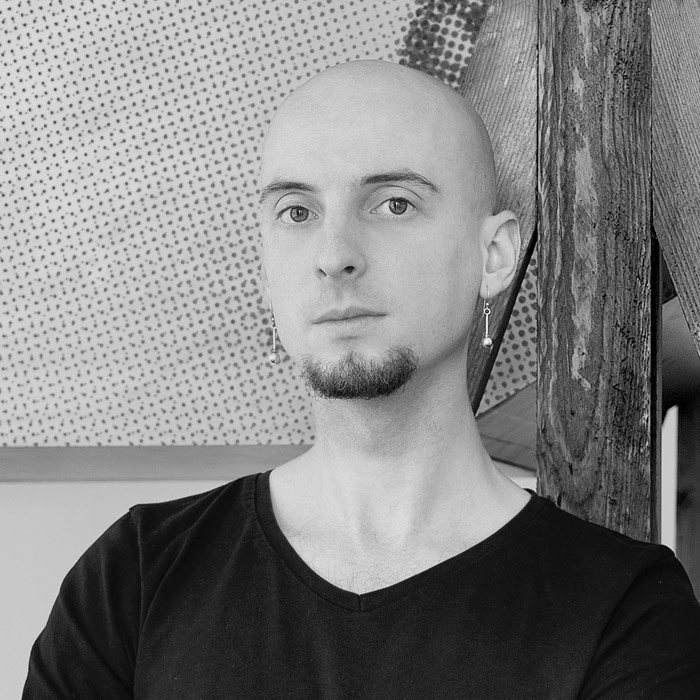
Kai Philip Trausenegger
is a transdisciplinary artist investigating nostalgia, historicism, and the construction of cultural values, combining installation, sculpture, and video with production techniques such as 3D printing and laser processing. Drawing on subcultural phenomena and digital spaces, his works merge historical archetypes with contemporary codes to question how identity and tradition are negotiated in a technologically mediated present.
kaitrausenegger.com
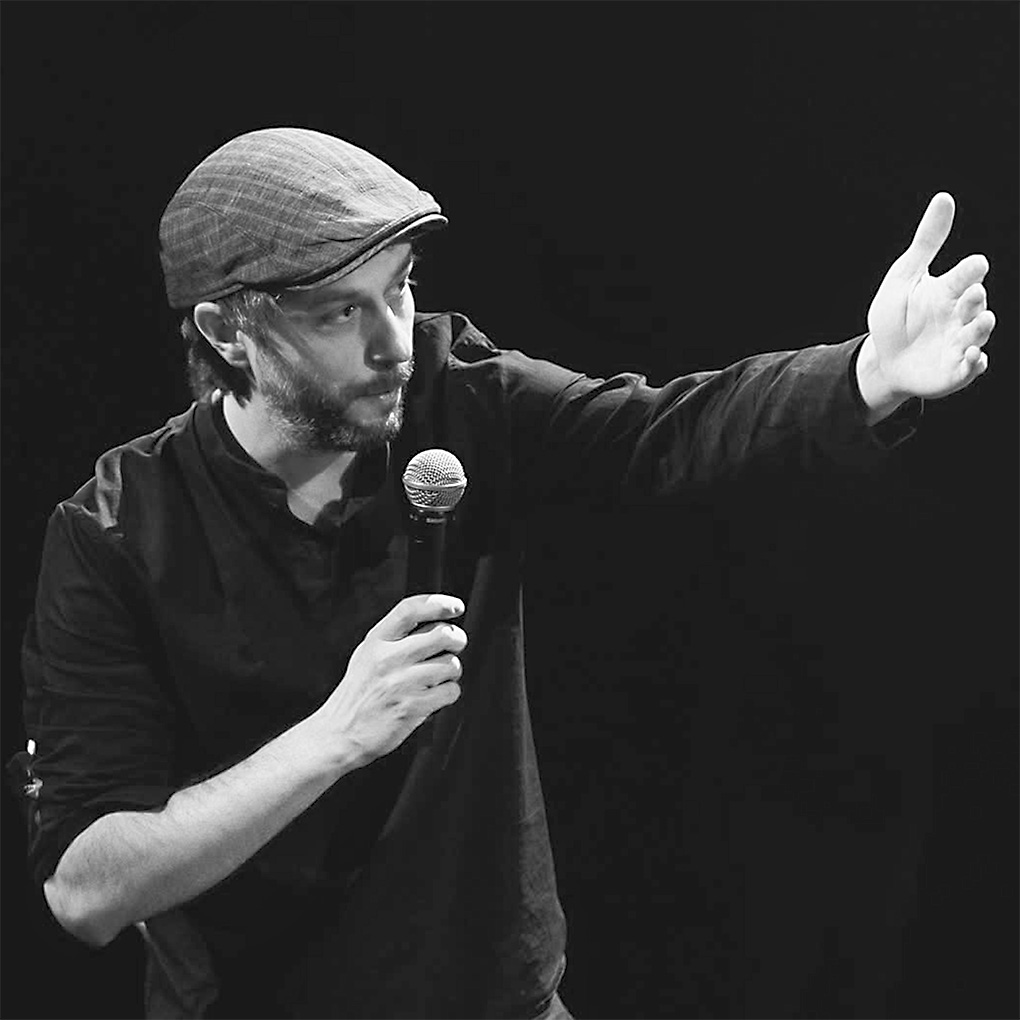
Roberto Alonso Trillo
is a theorist and artist whose work spans cultural theory, media philosophy, and experimental sound. Based in Hong Kong, his research engages the aesthetic and political dimensions of machine learning, with particular attention to infrastructural critique and performativity. In ongoing collaboration with Marek Poliks, he investigates AI theory and speculative design as part of a broader inquiry into automation and cultural production. His interdisciplinary practice extends into sound art, post-instrumental music, and critical pedagogy.
robertoalonsotrillo.com
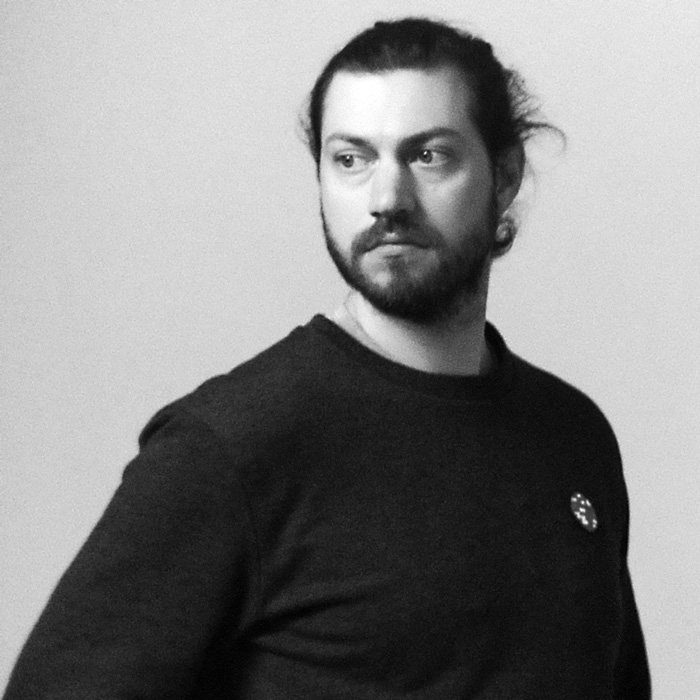
FOTO: Dritter.Akt
Alexander Weber
is an Austrian director, writer and cinematographer. He is part of the film-collective Dritter.Akt. As Dritter.Akt he creates story-driven, stylized shortfilms and commercials. Their focus is on stories that deal with topics like inclusion, social balance and transparency. His style is lead by distinctive camera moves, stylized lighting and clearly structured productions design. He is also teaching at the University of Applied Sciences in St. Pölten. He lives in Vienna and works worldwide. www.dritterakt.com
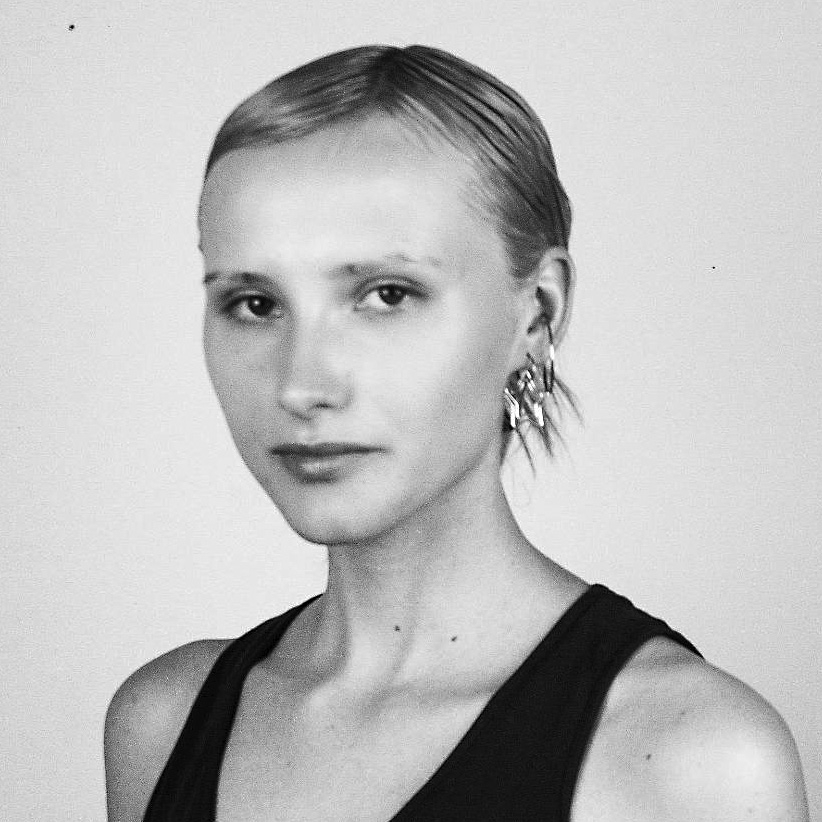
FOTO: Pille-Riin Jaik
Janina Weißengruber
is an artist based in Vienna. In her artistic practice, she primarily draws on pop-cultural and mass media aesthetics as well as its linguistic forms, opening up spaces for reflection—ranging from the state and future of the commodity world to the identity concepts enabled by it. Since 2020 she is also a main-member of the collective adO/Aptive which is dedicated to a performative, interactive, and collaborative approach to art and theory. janinaw.com